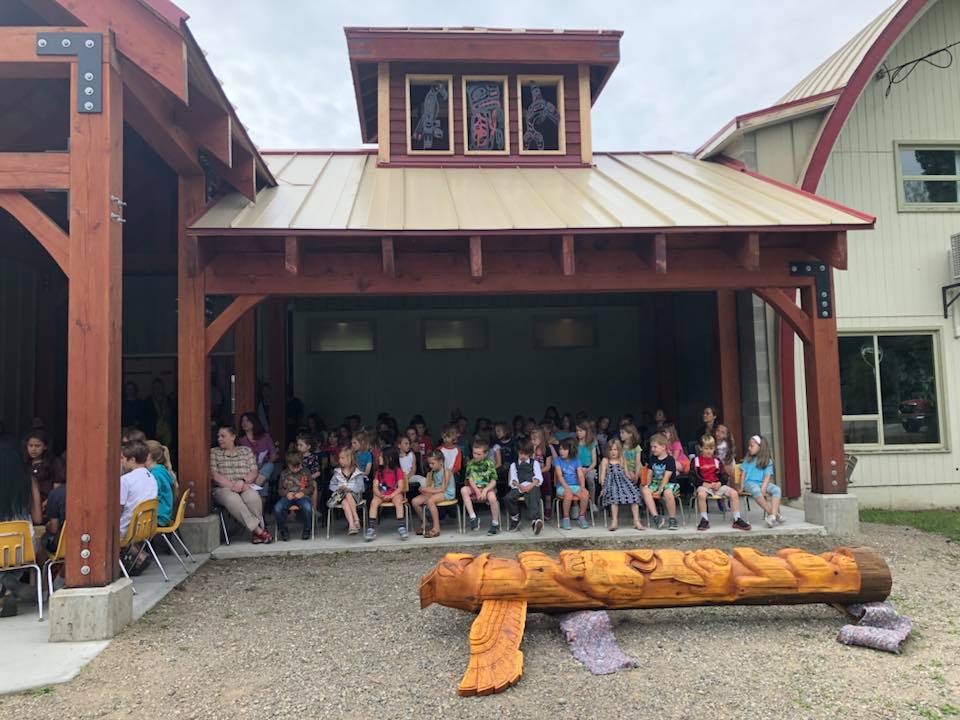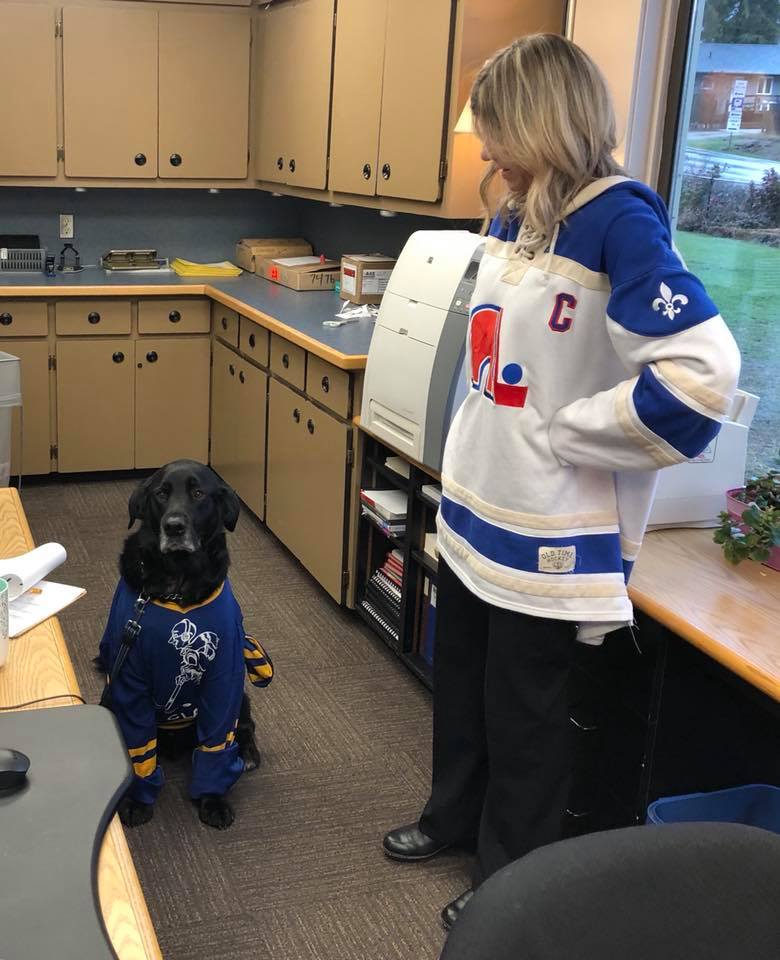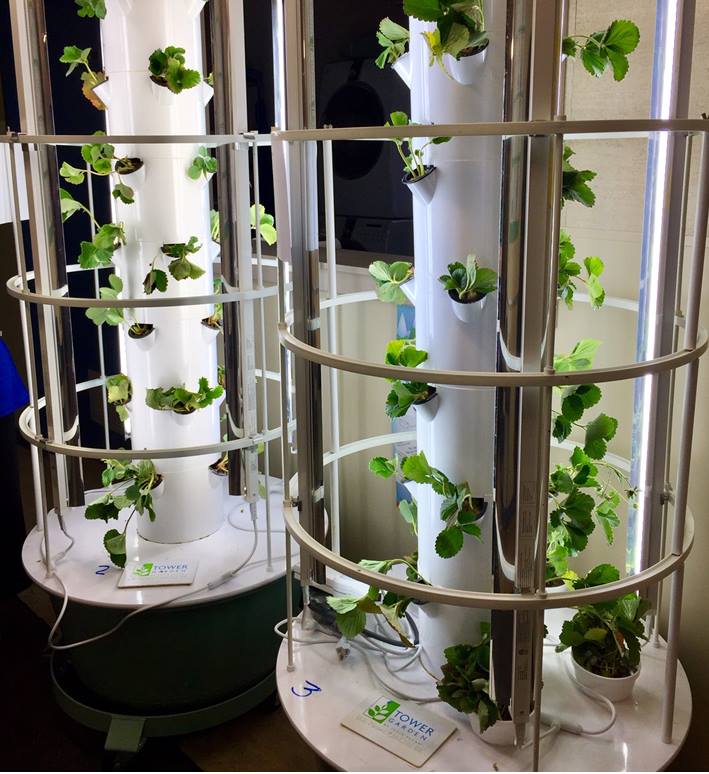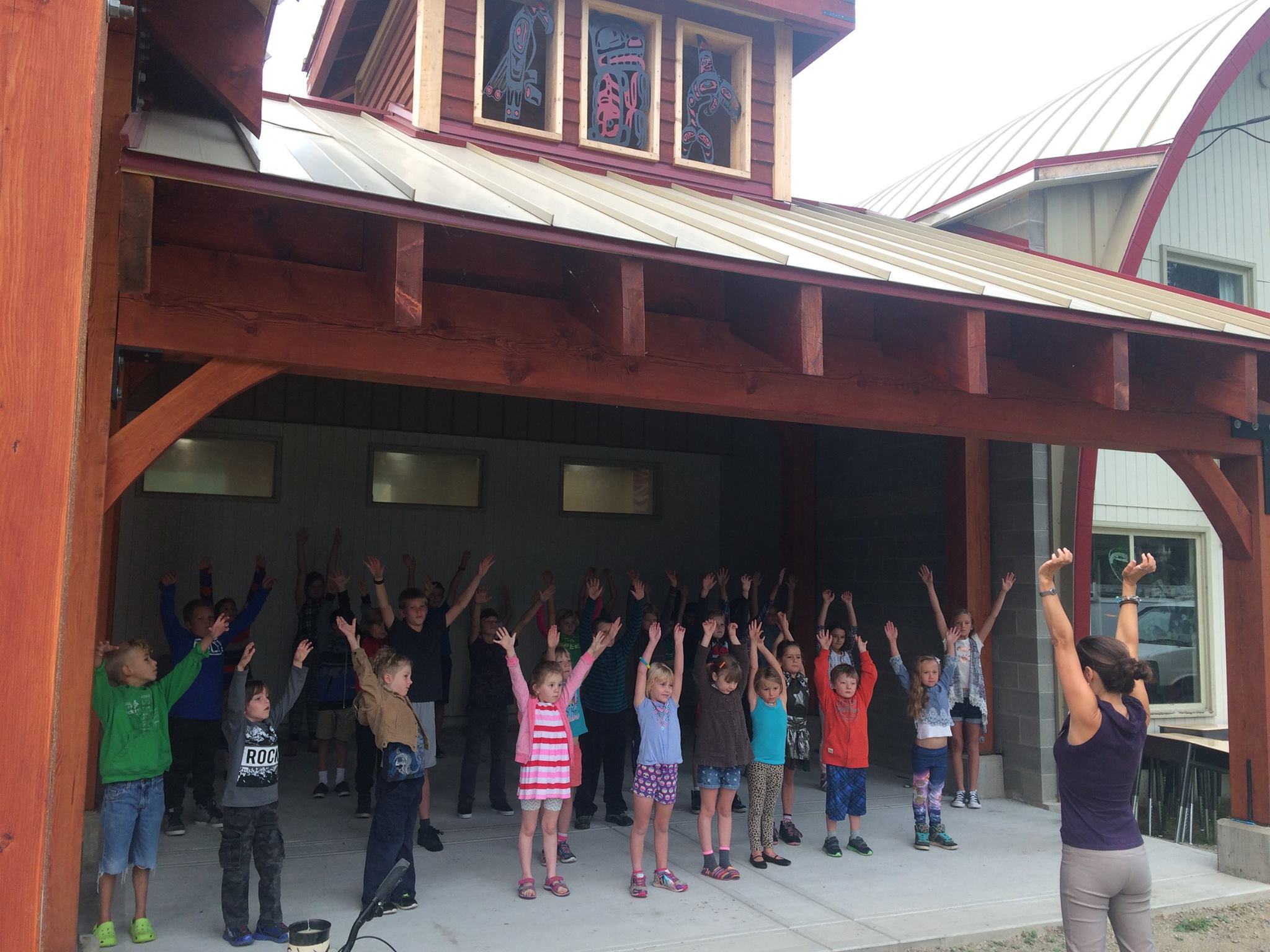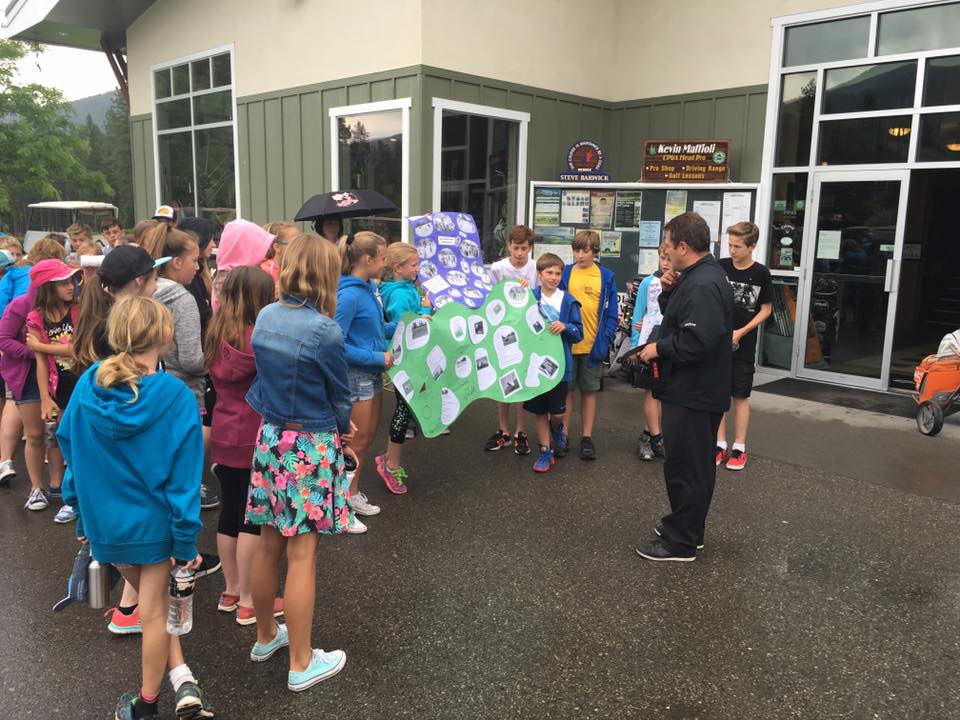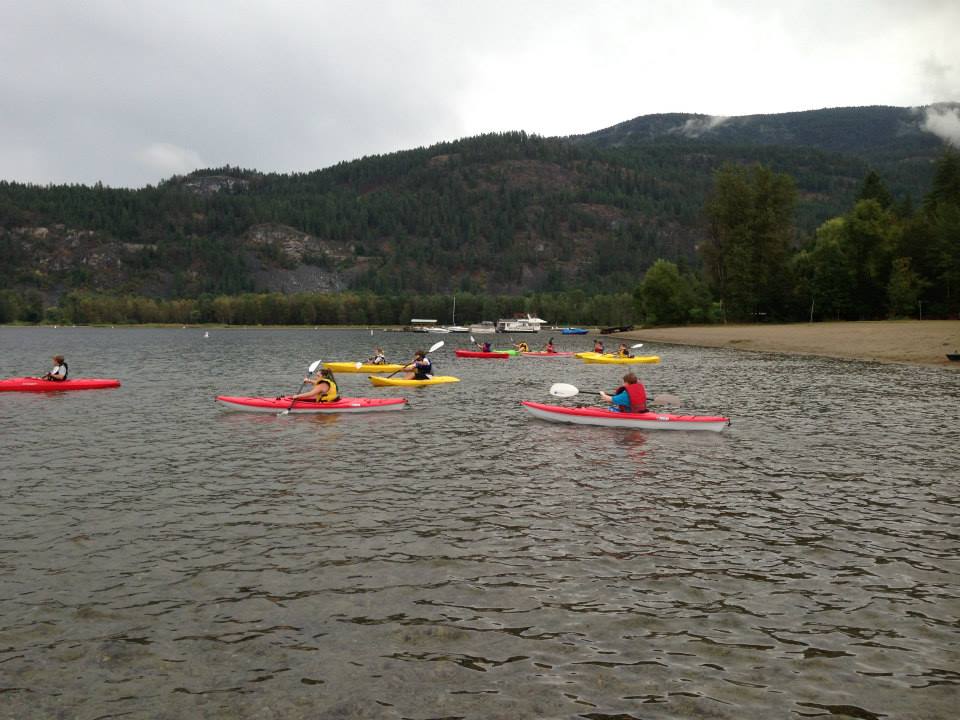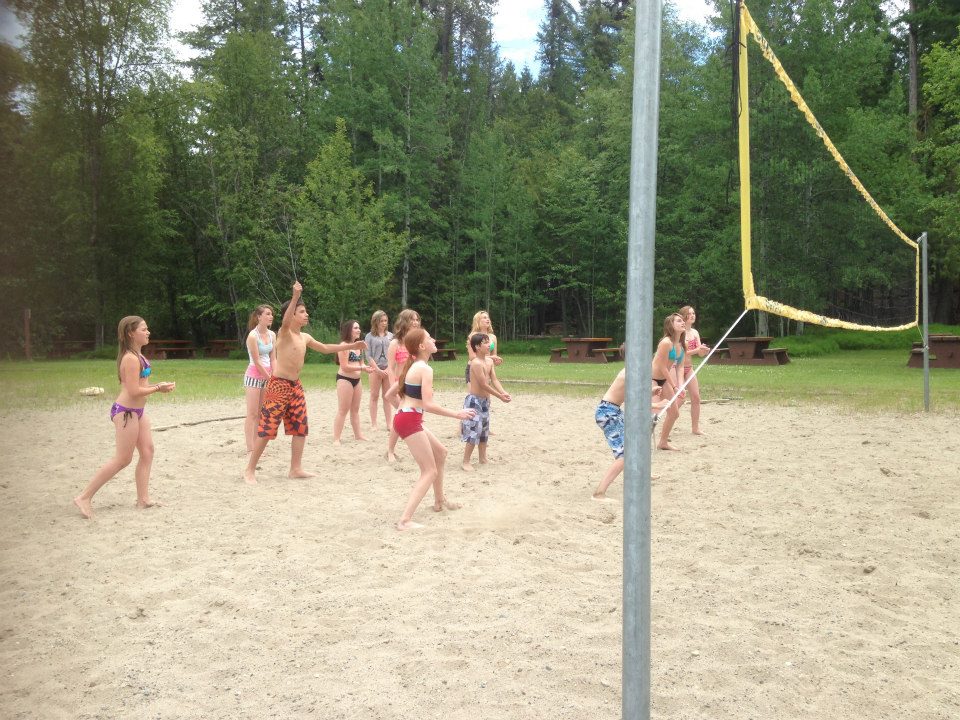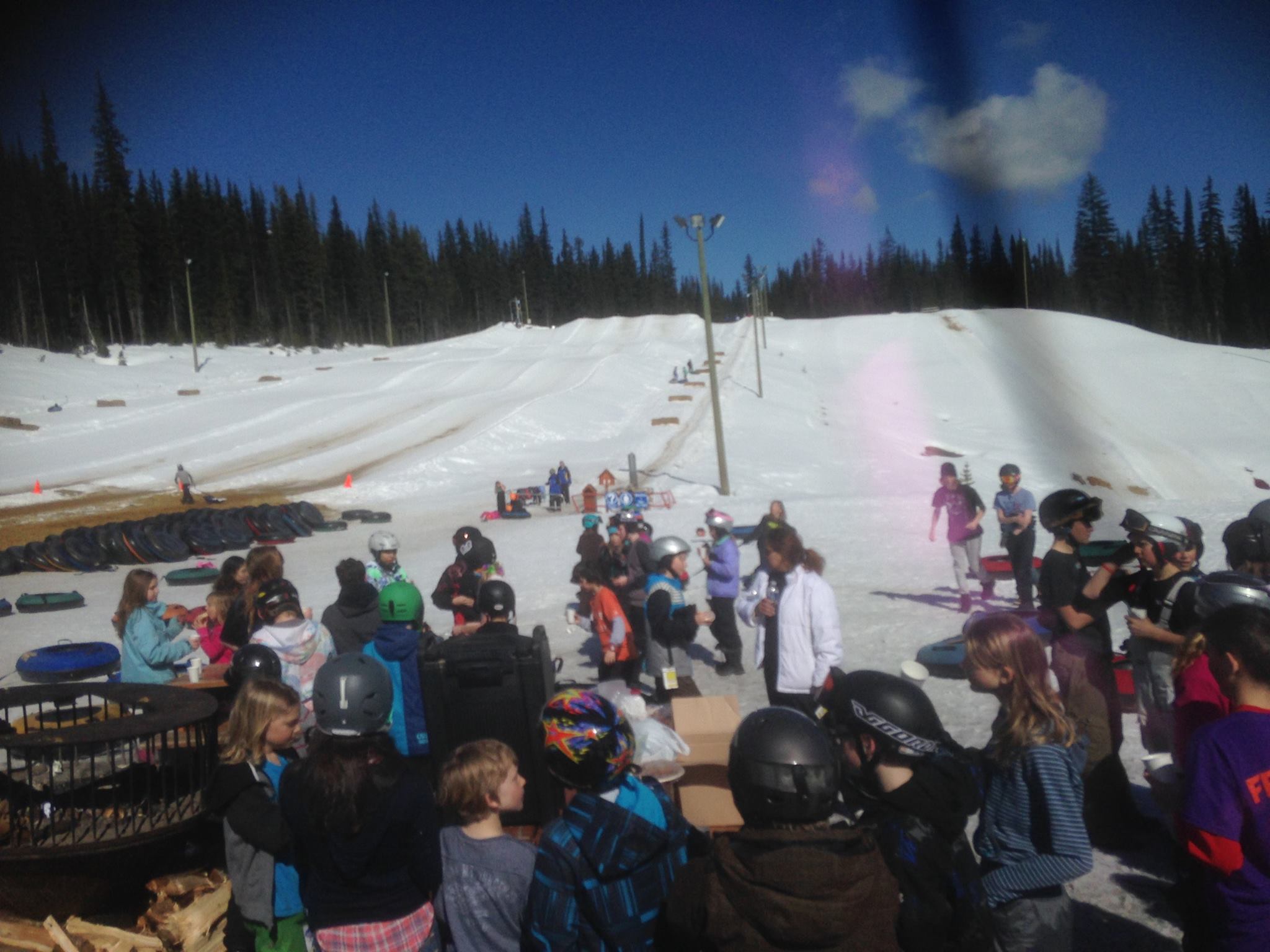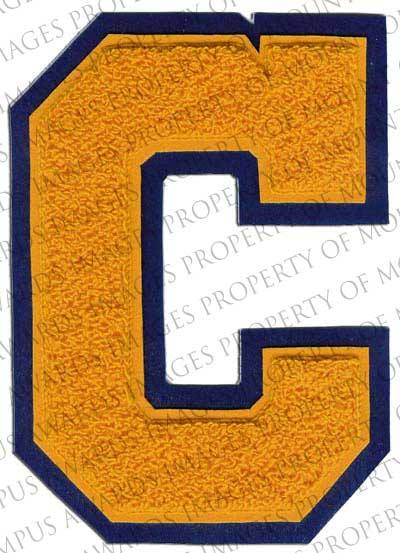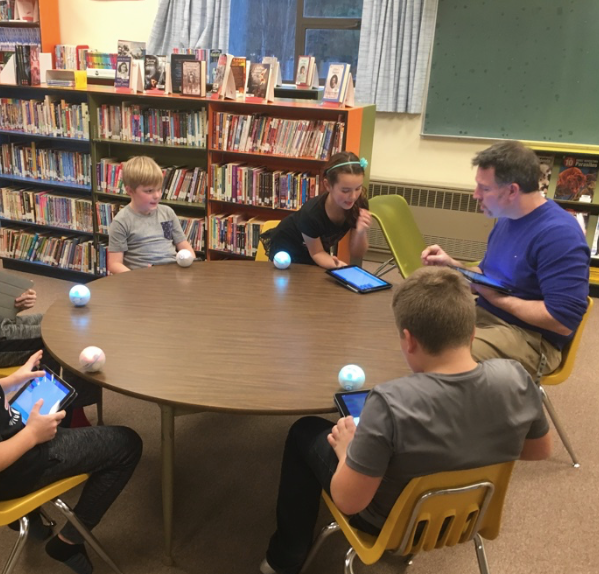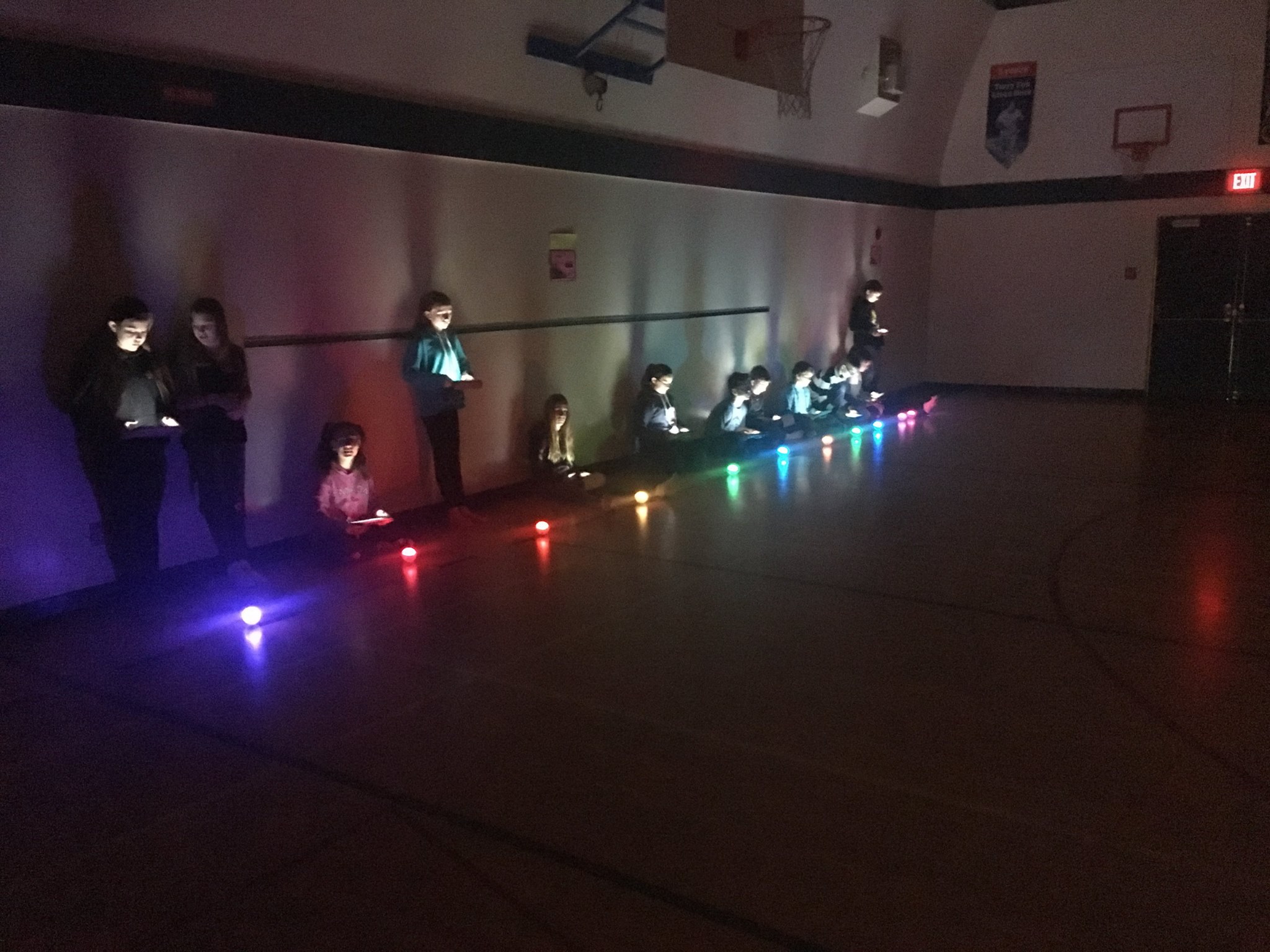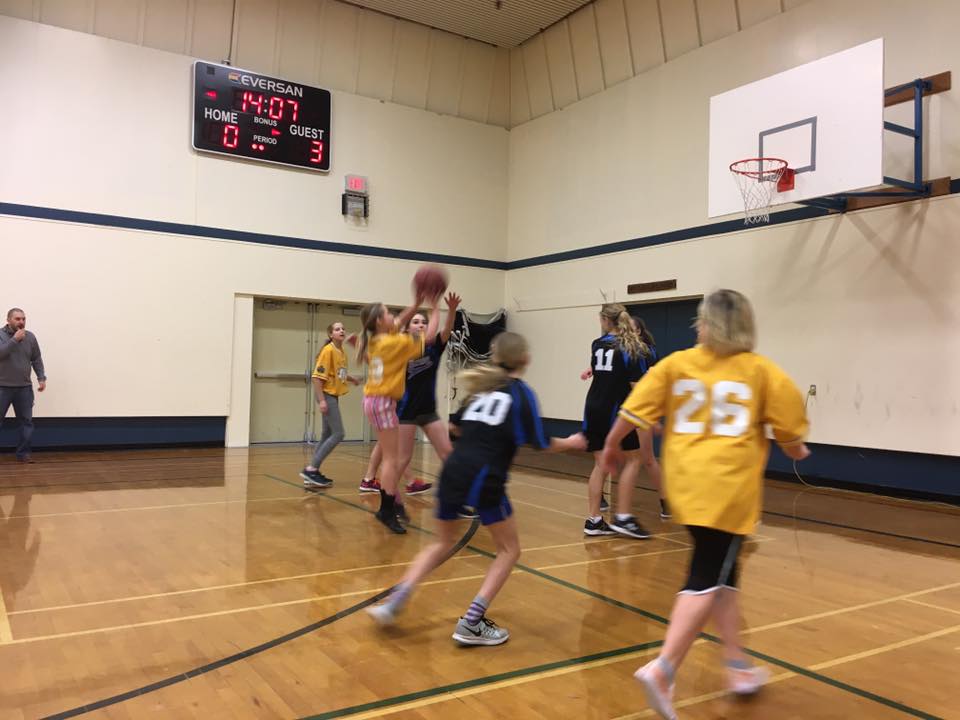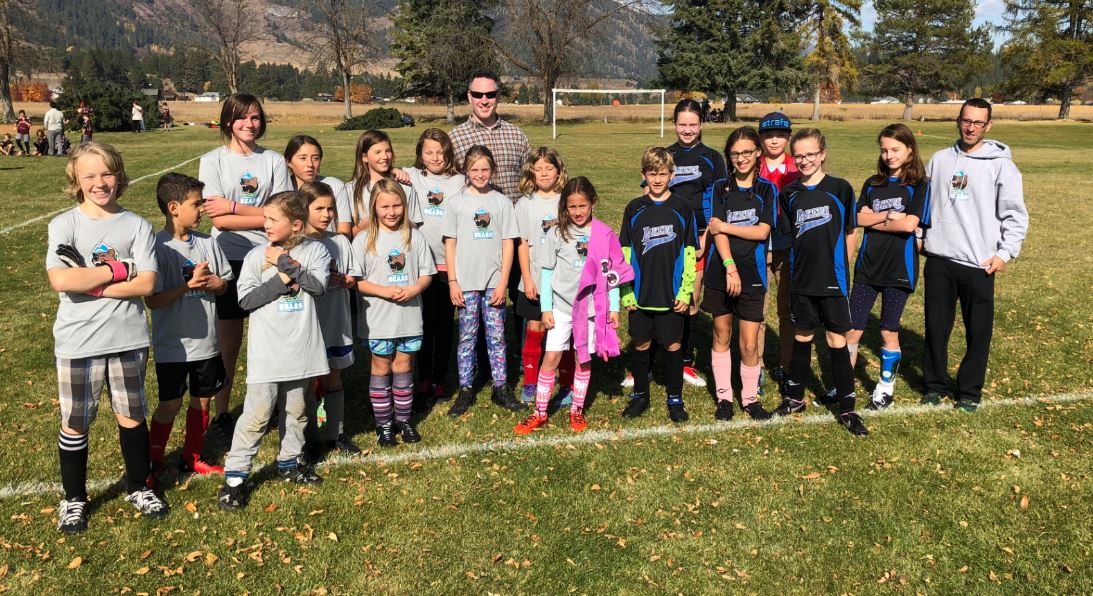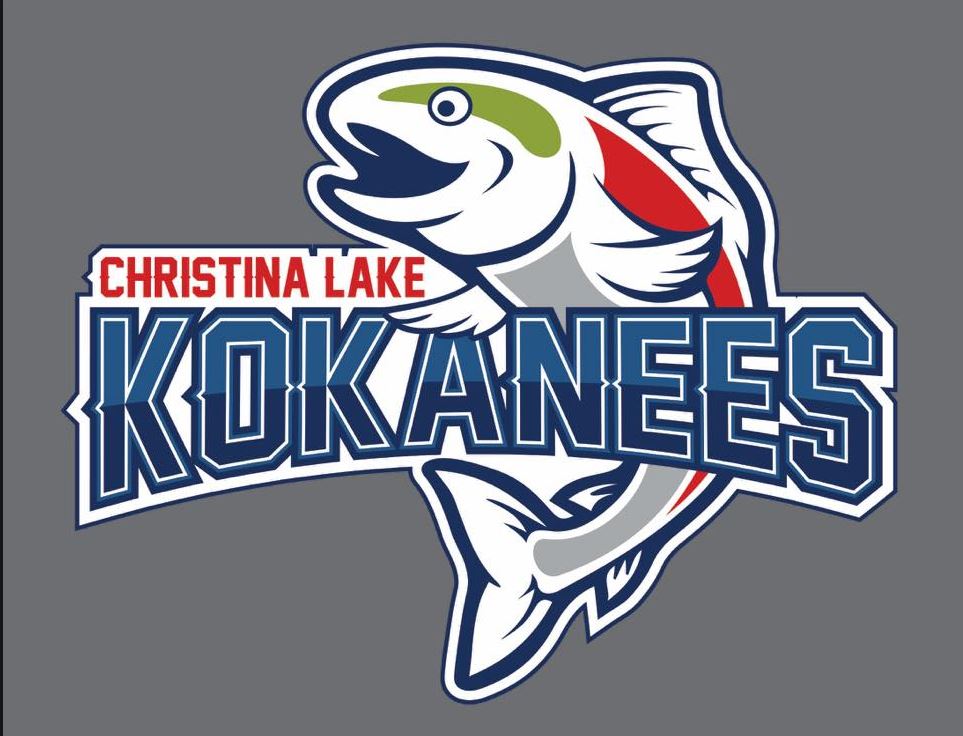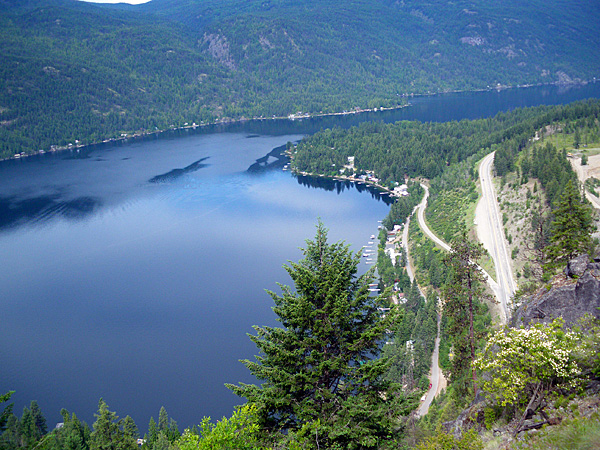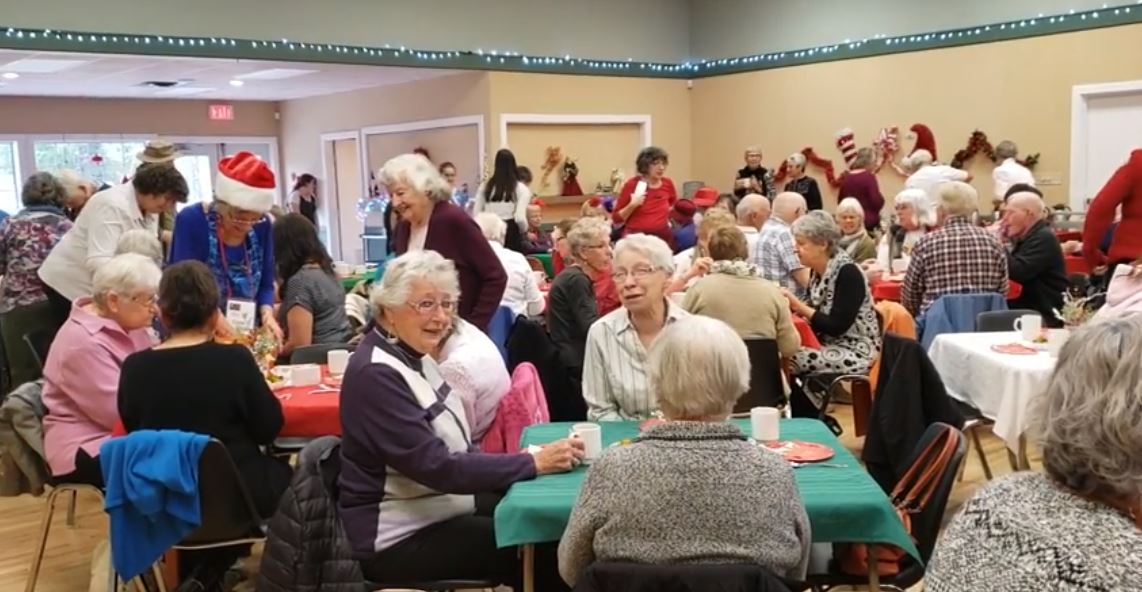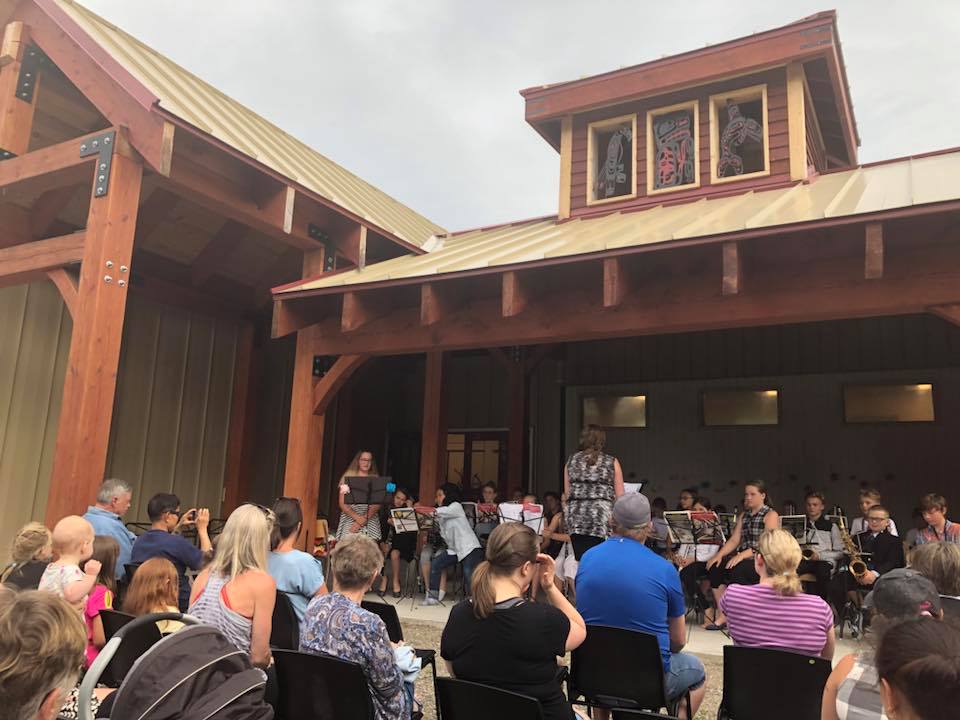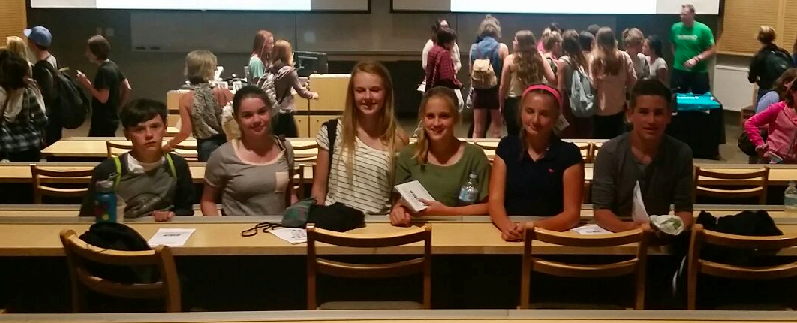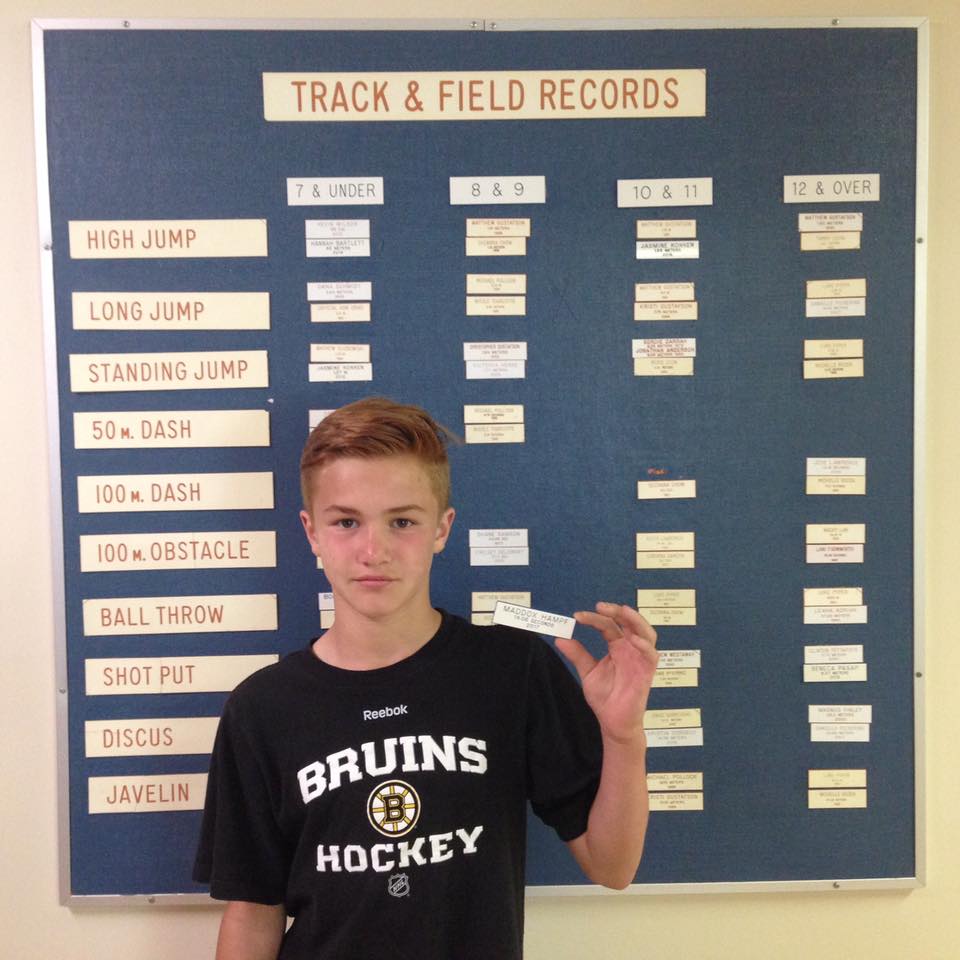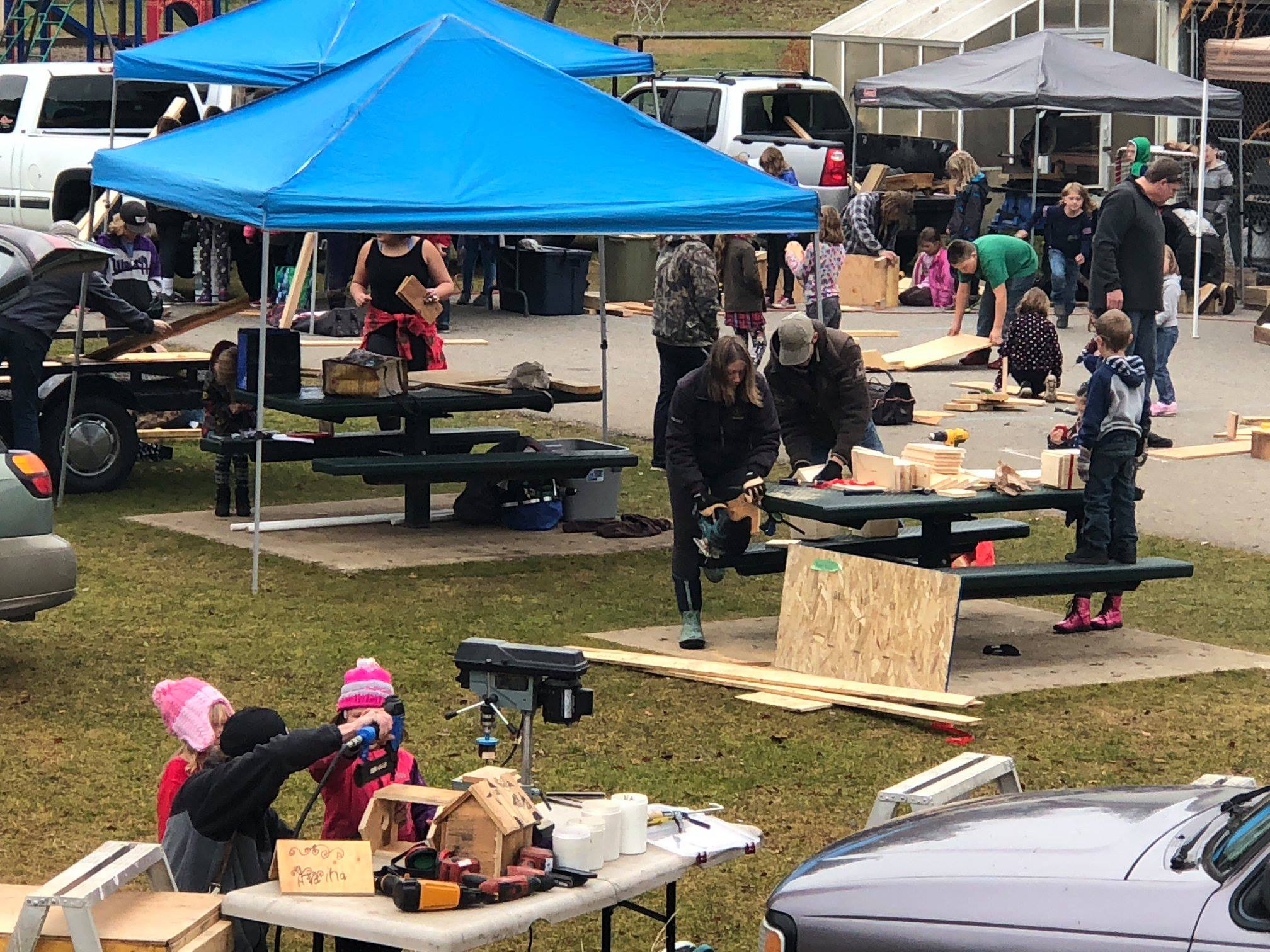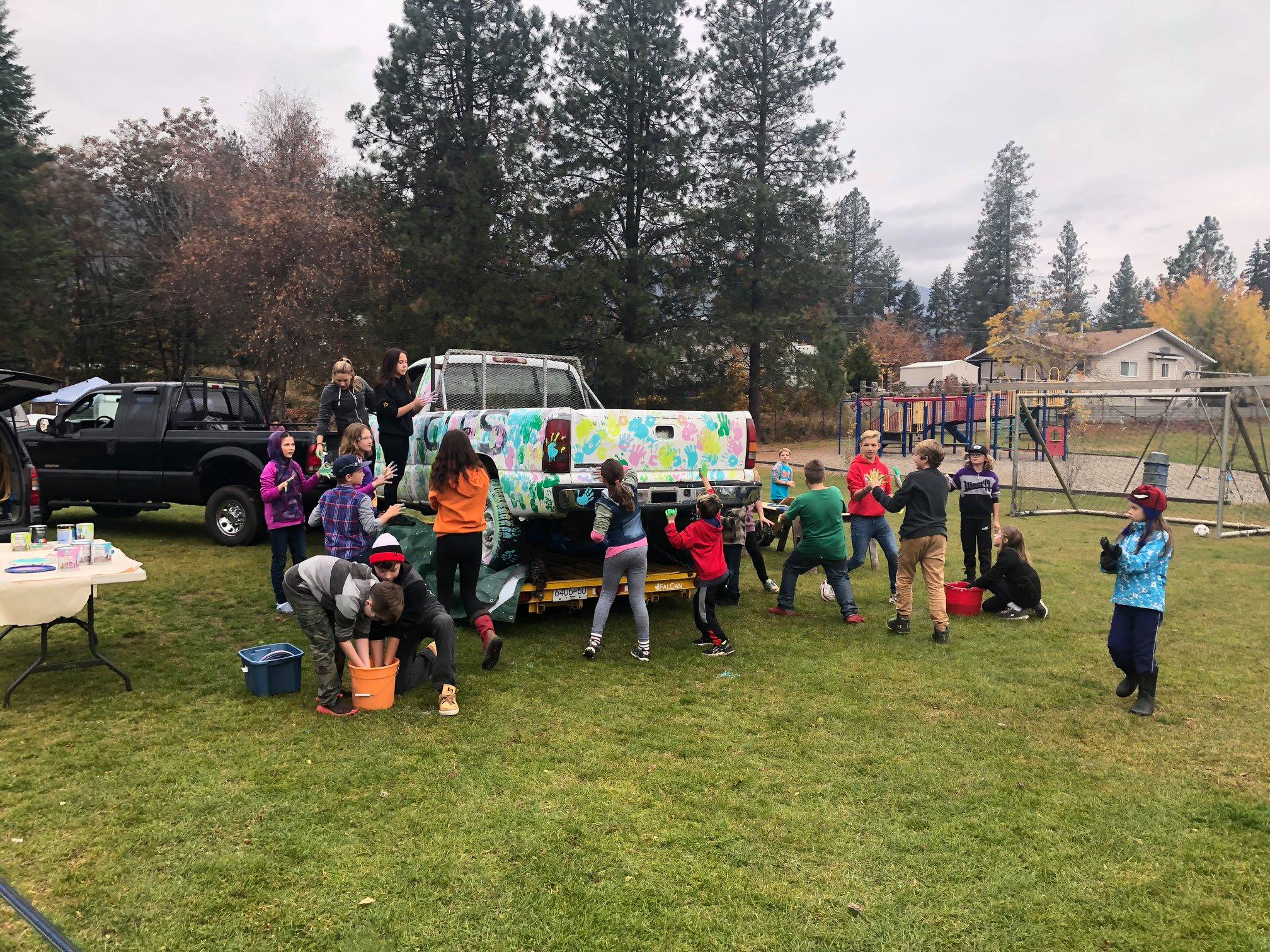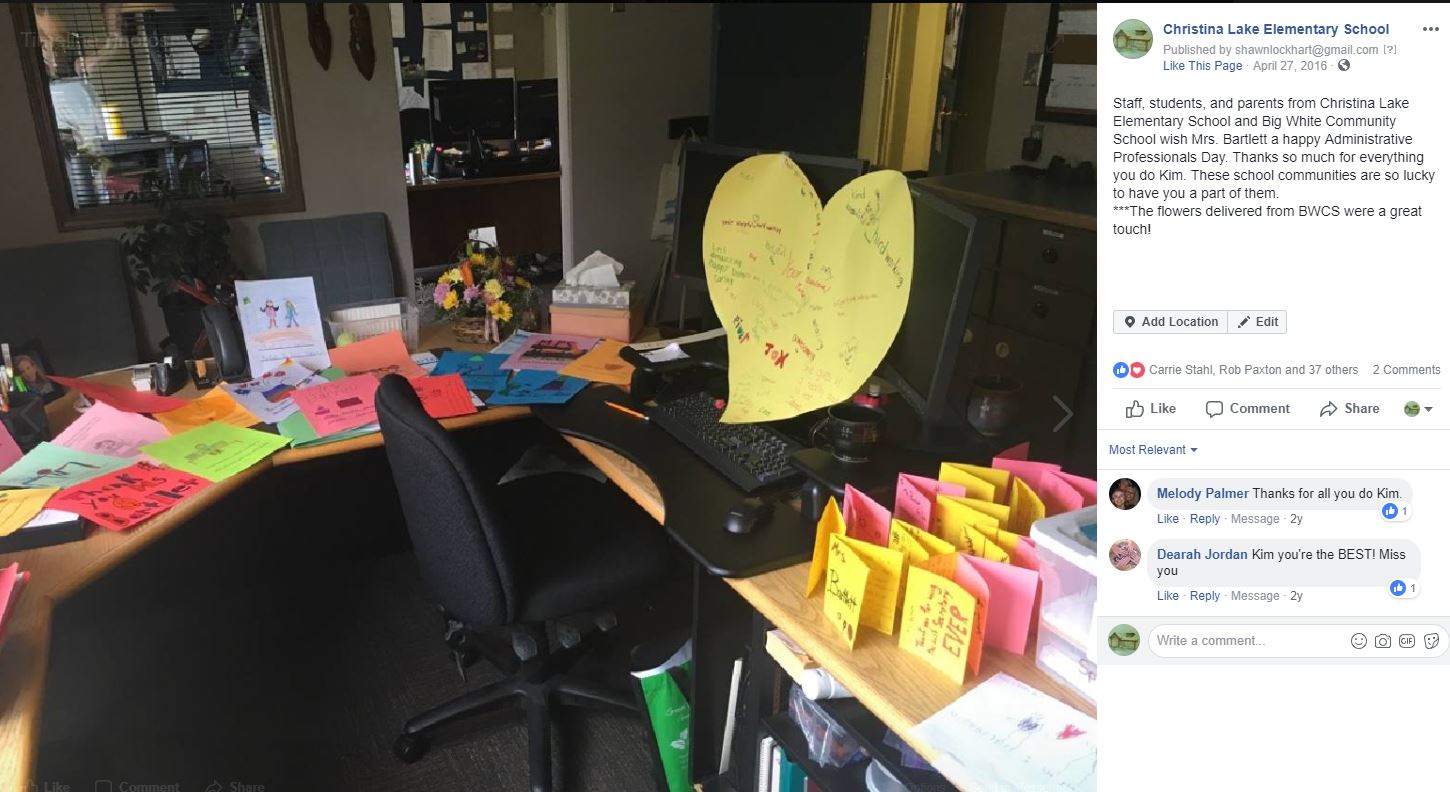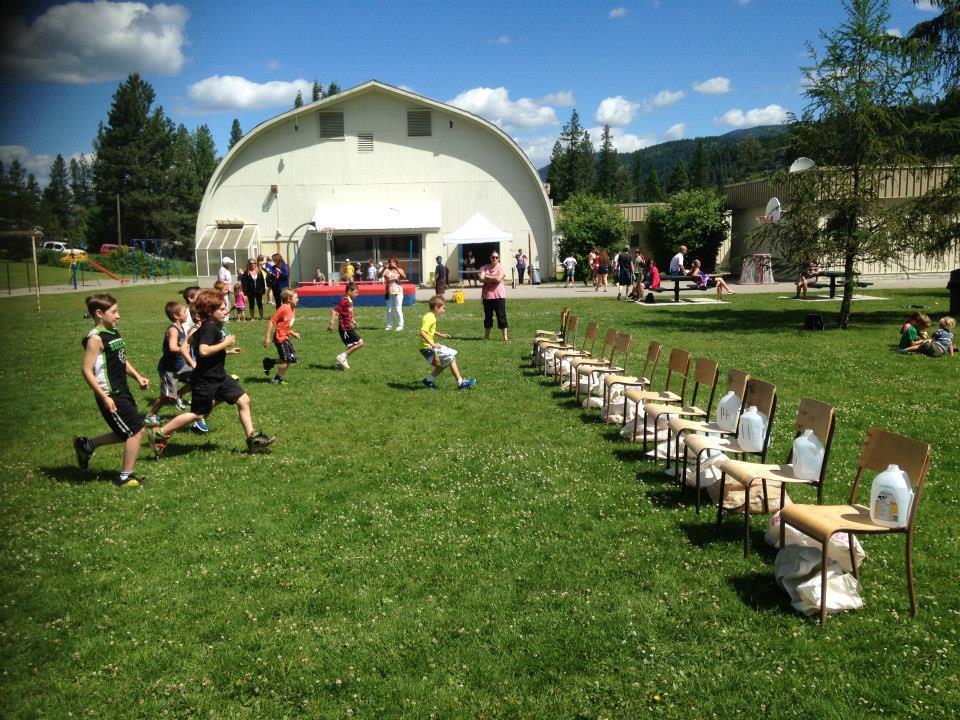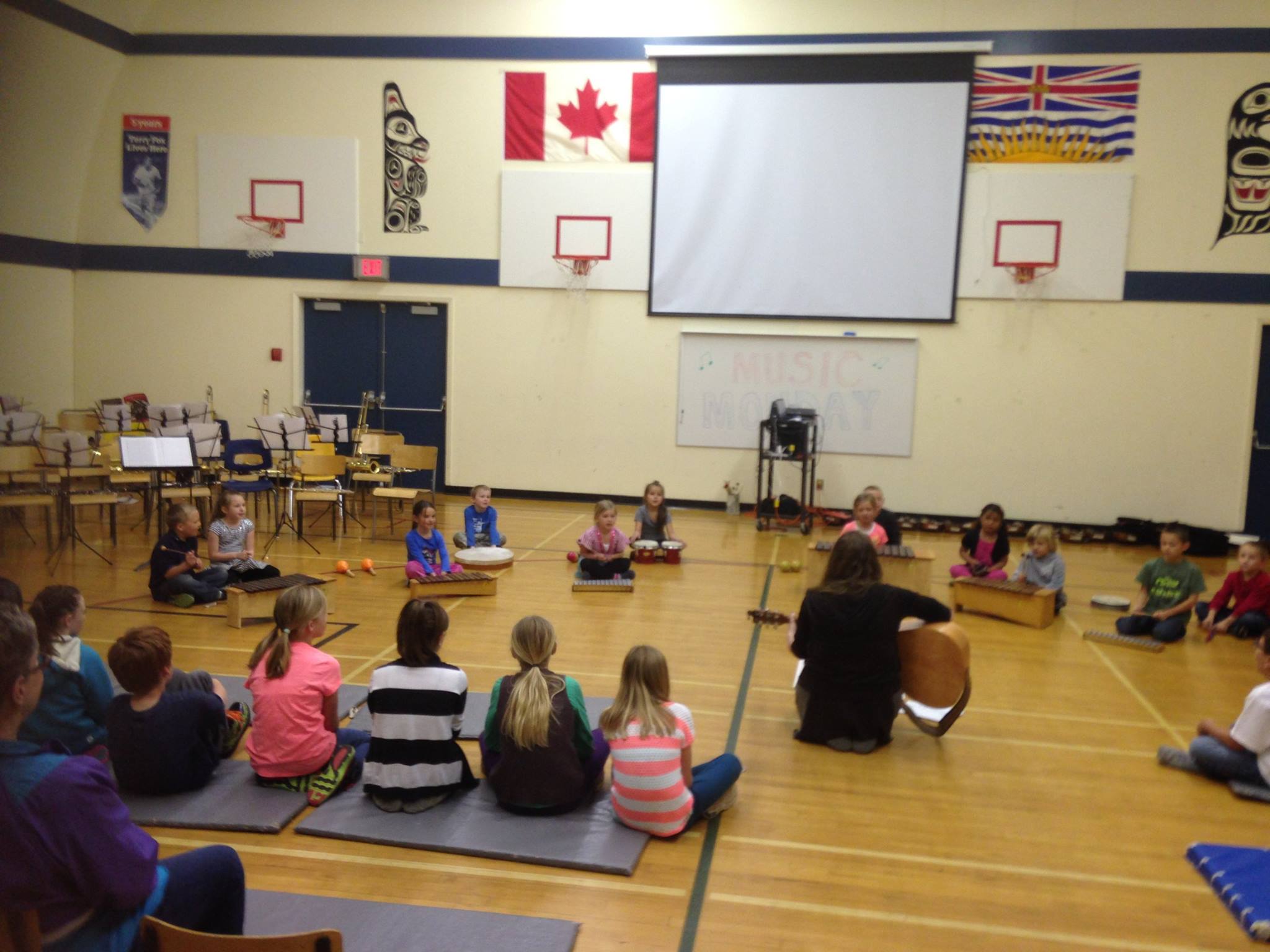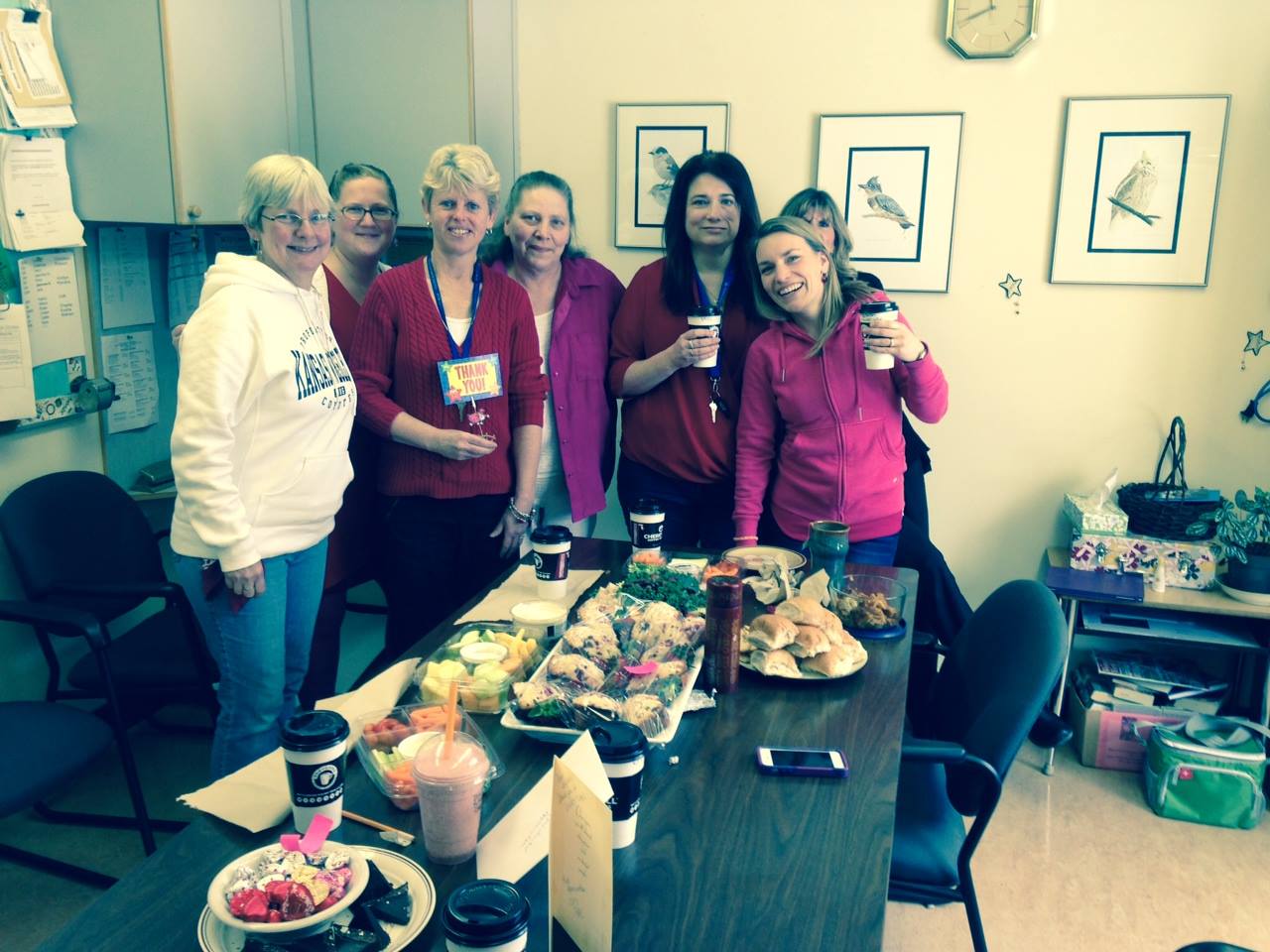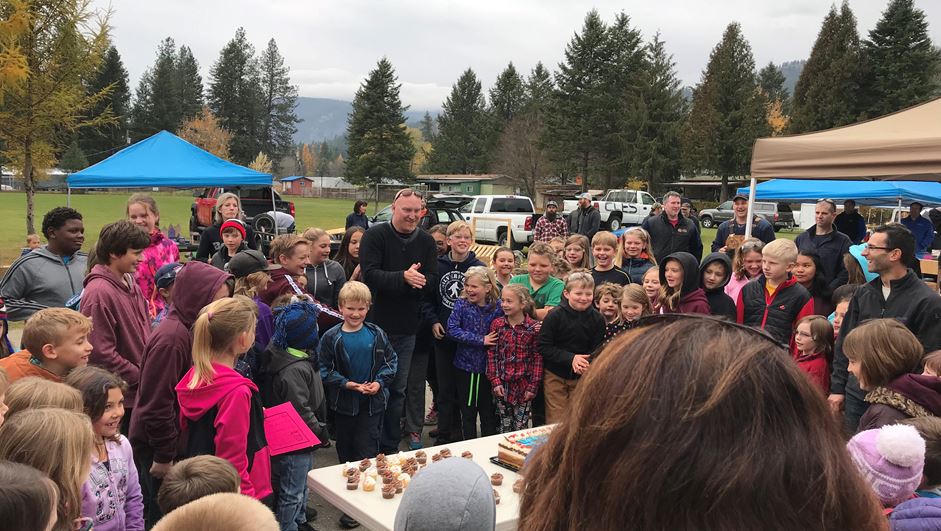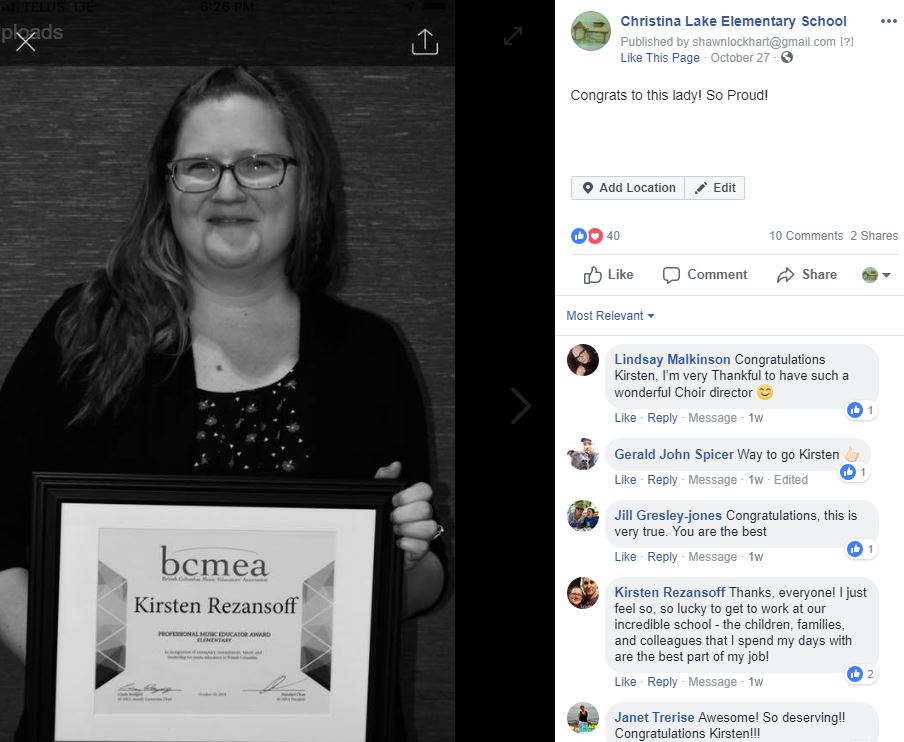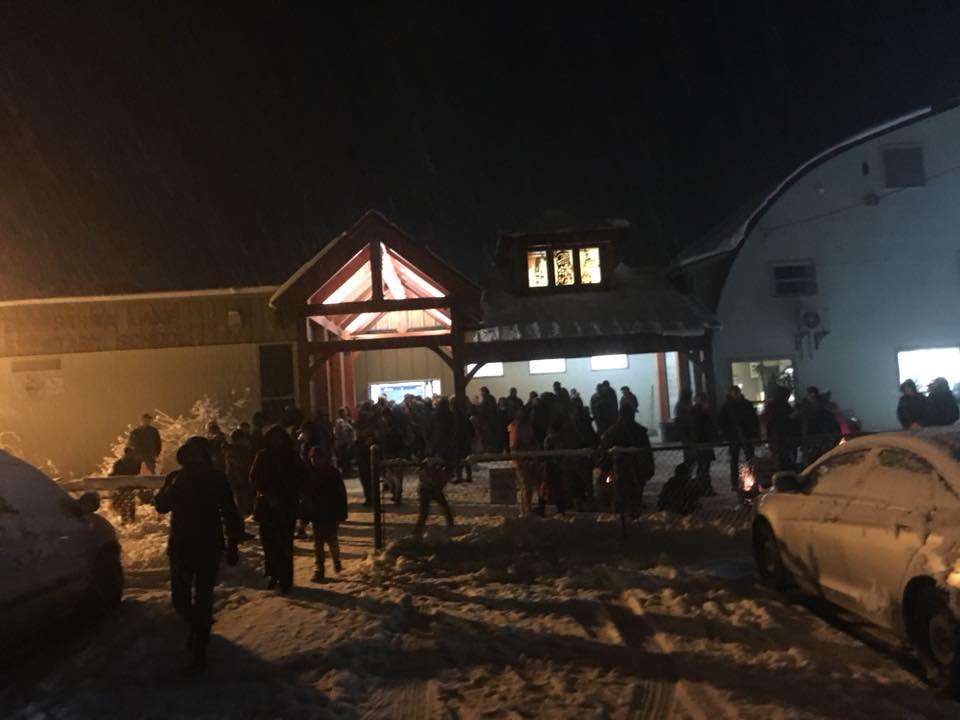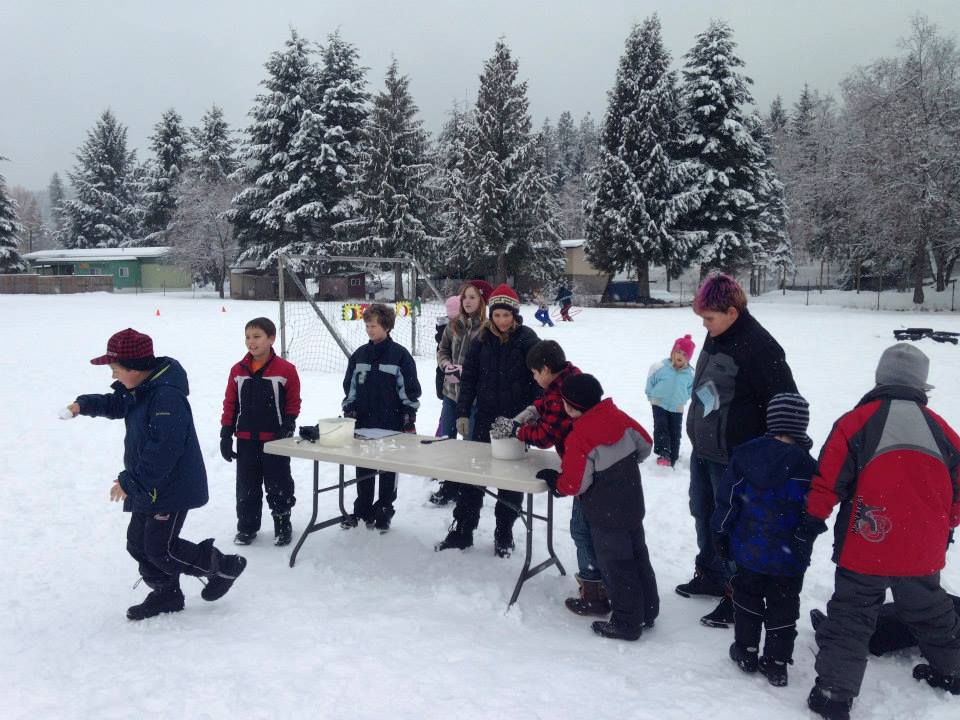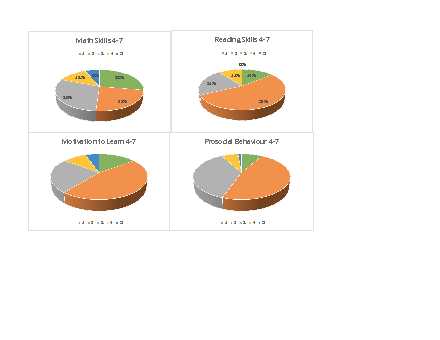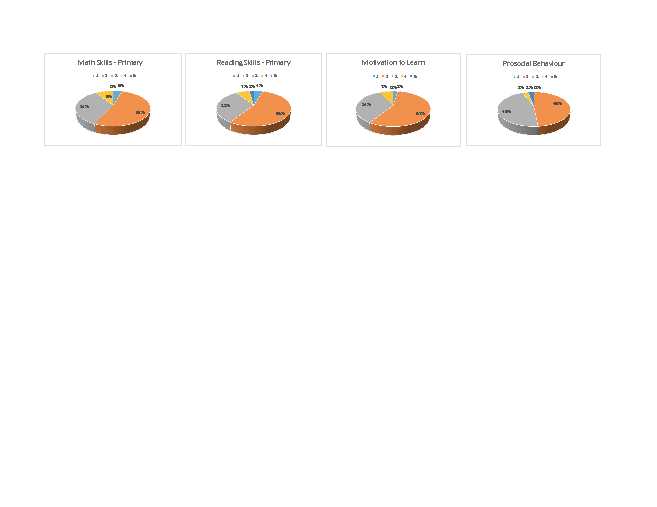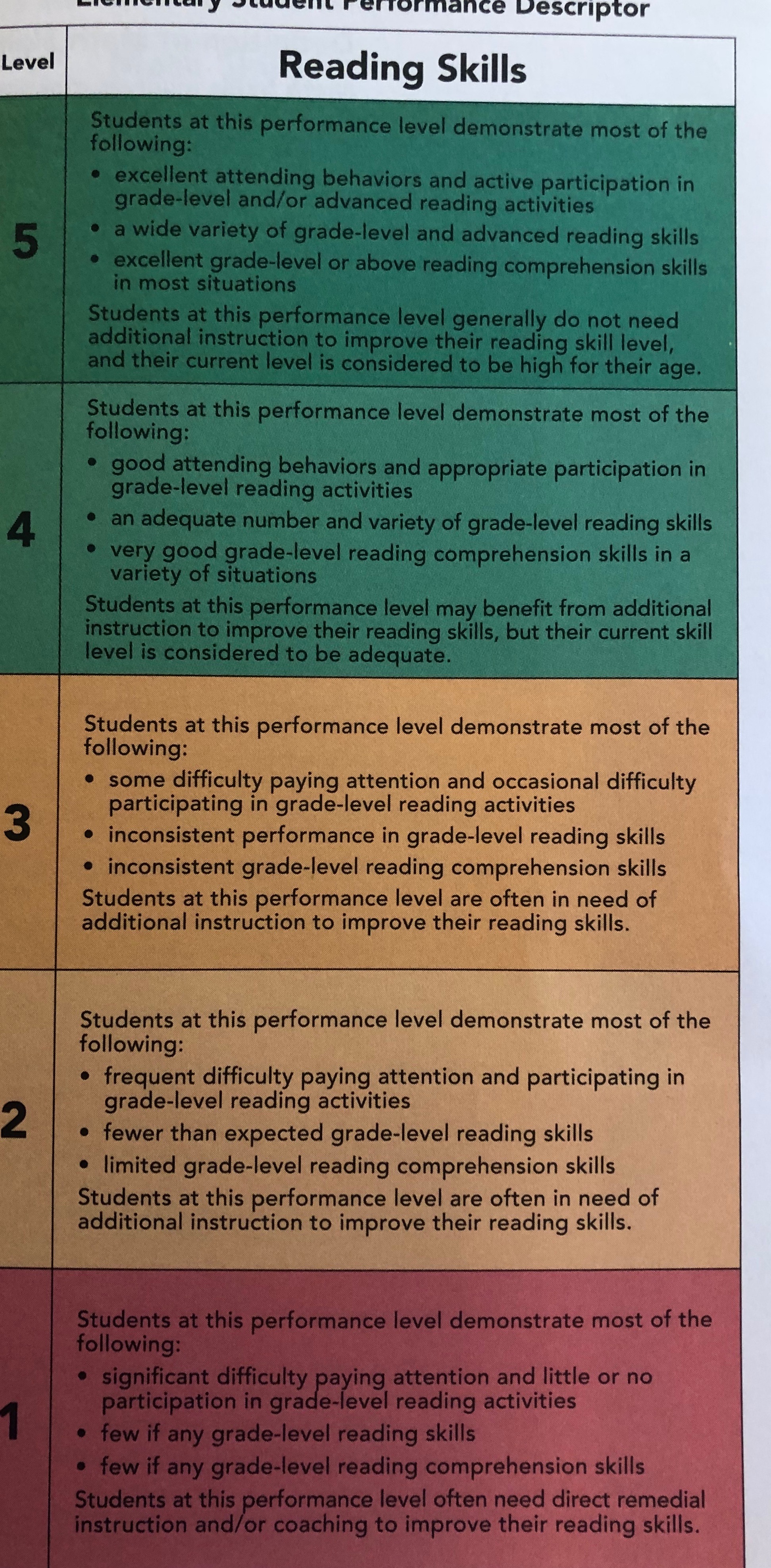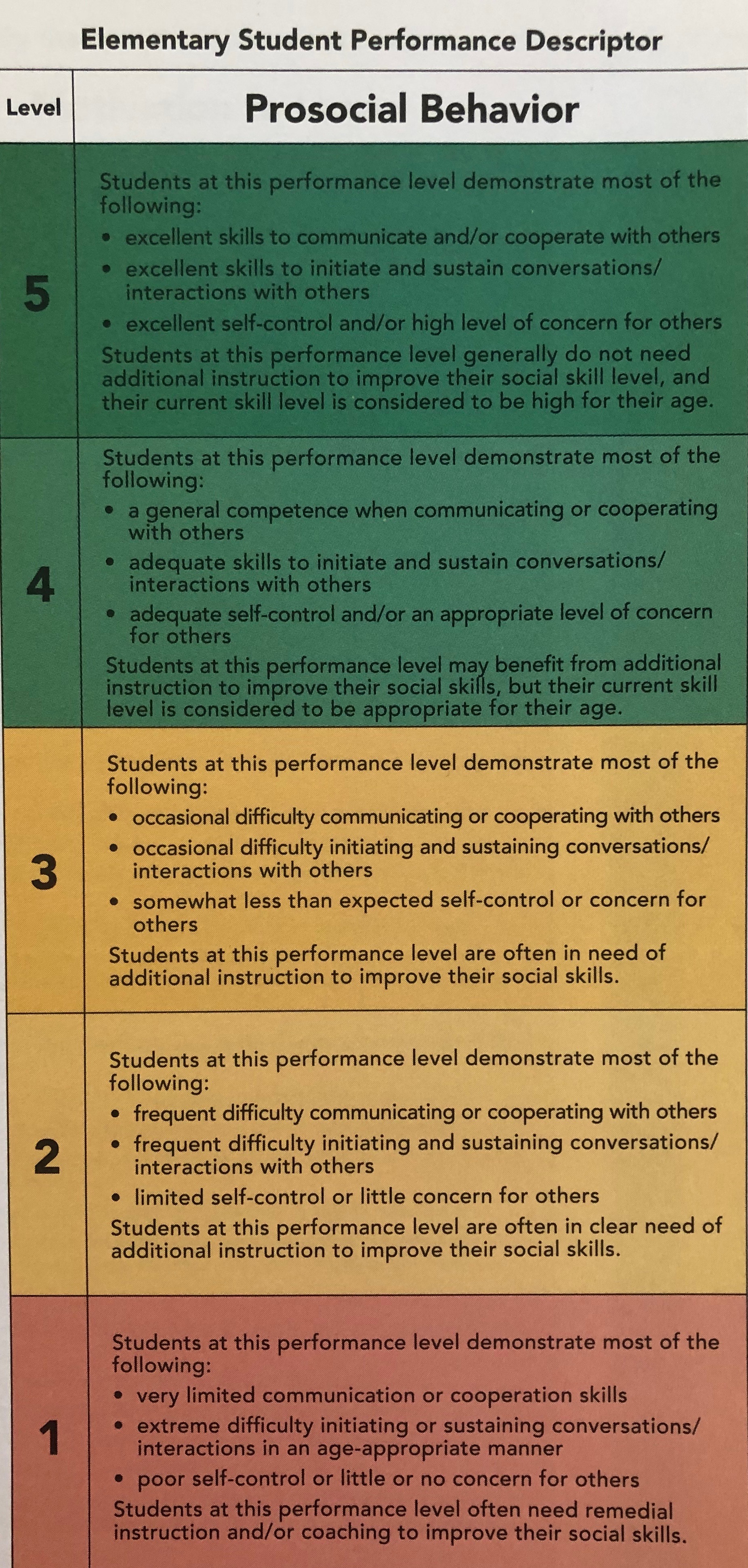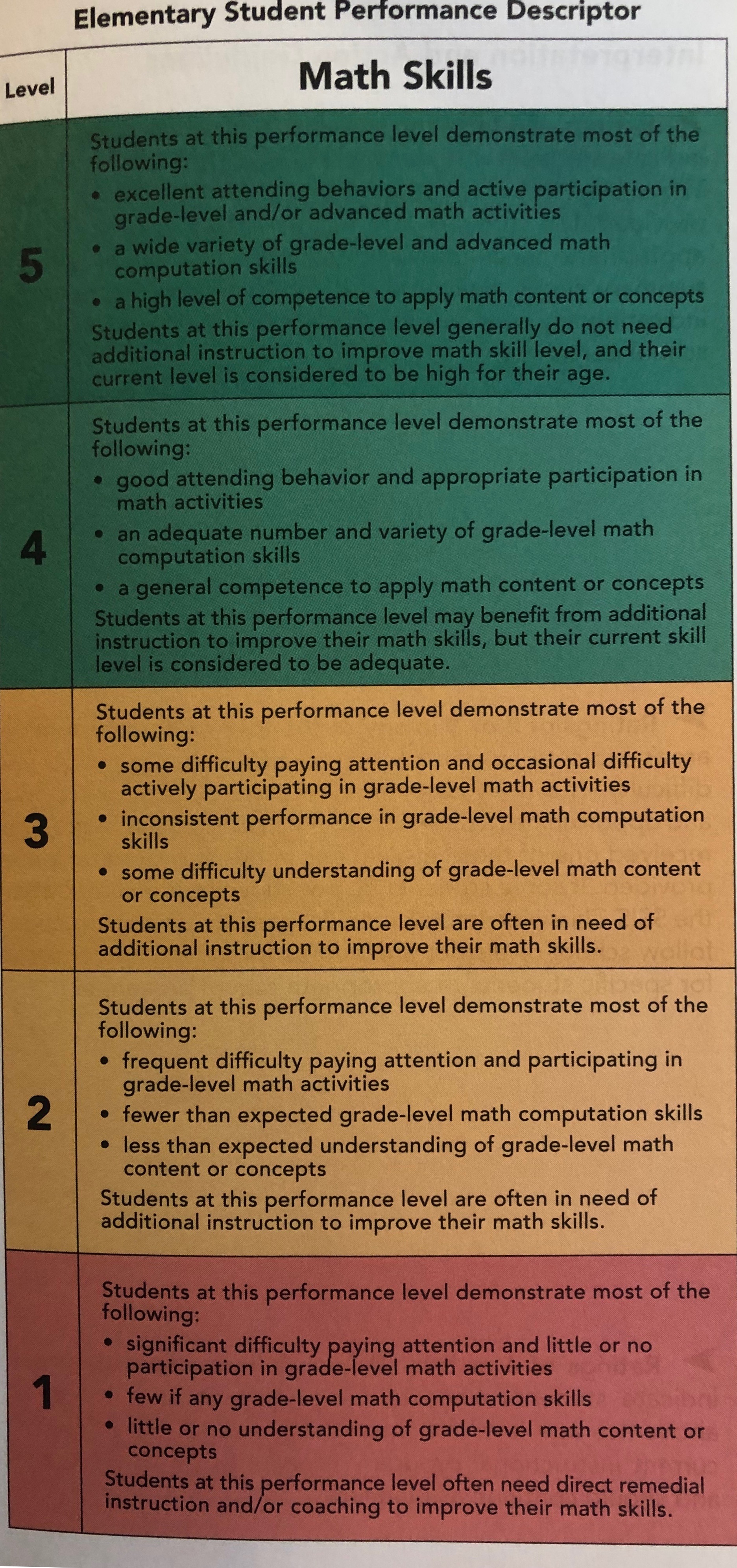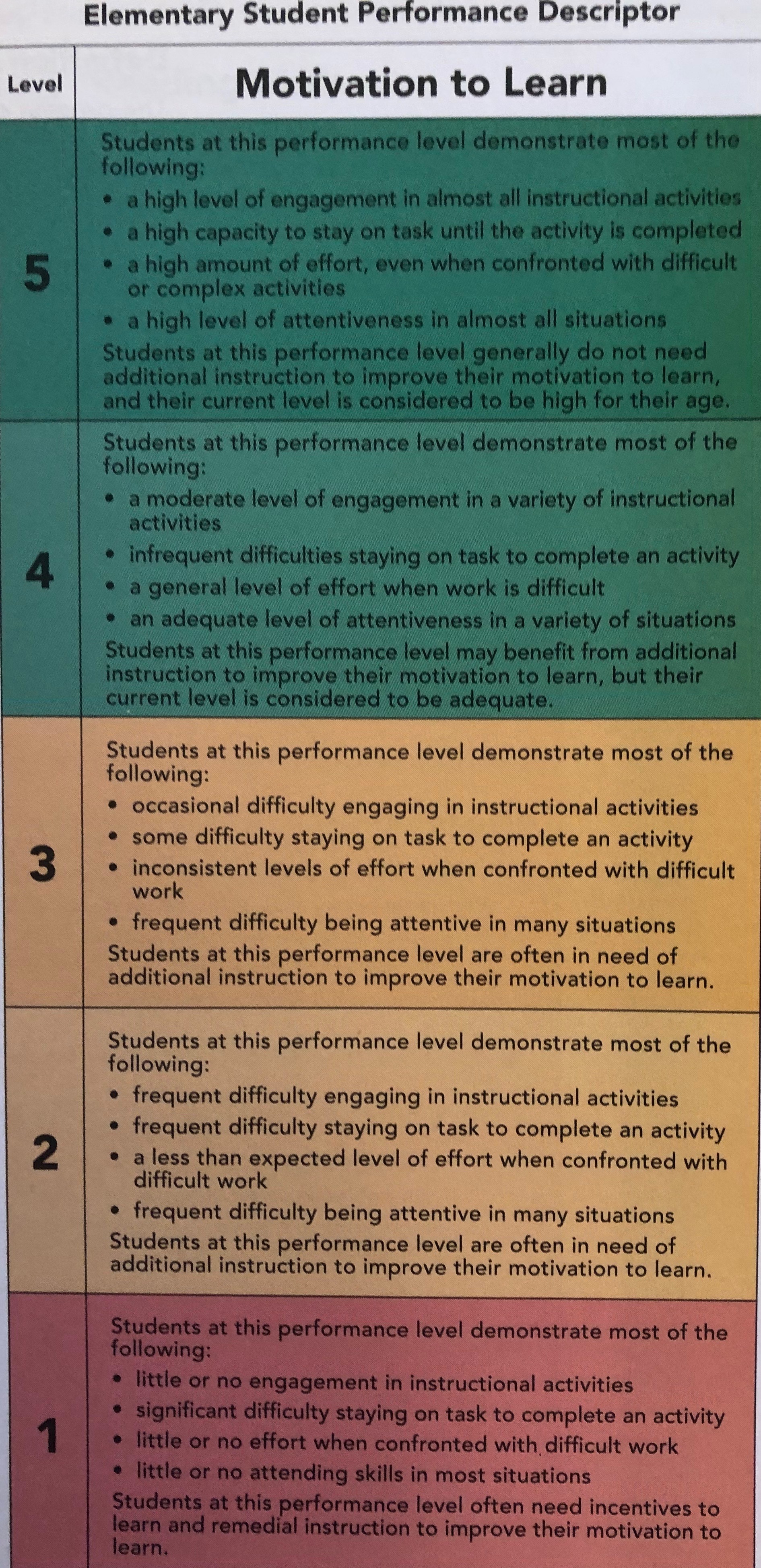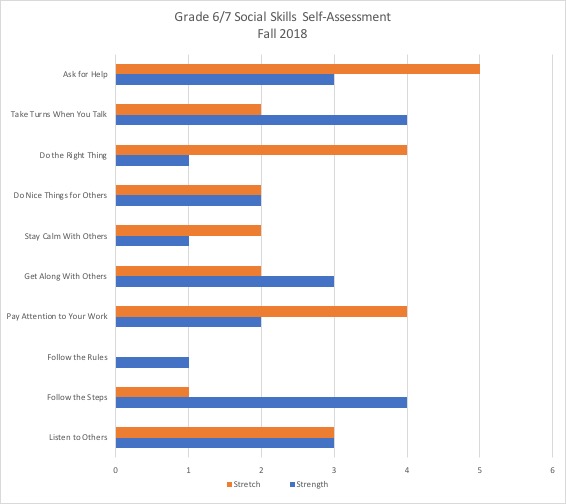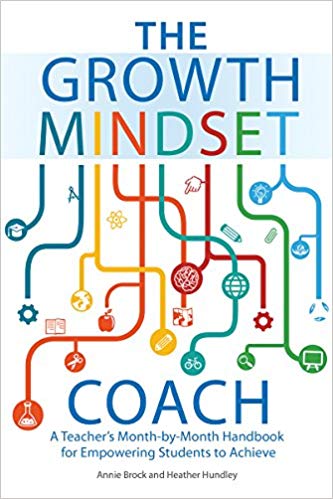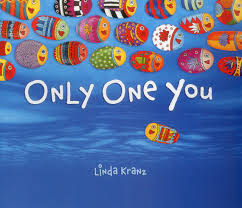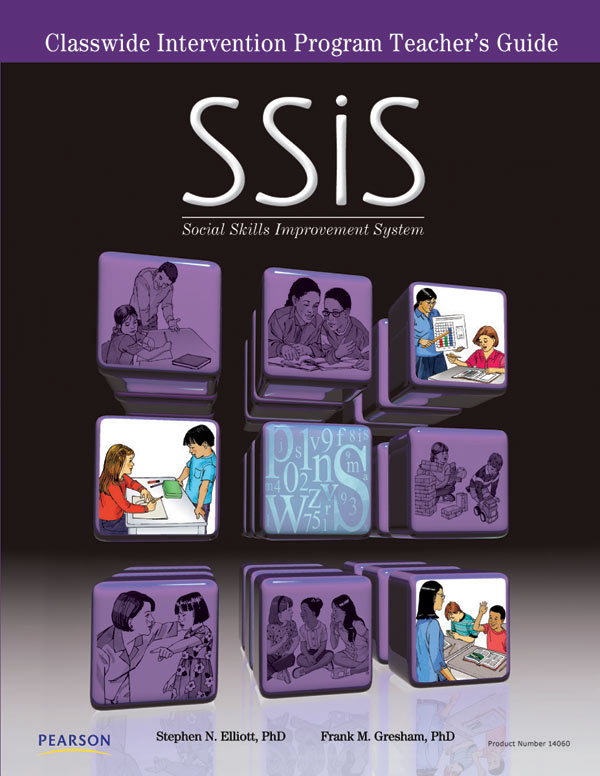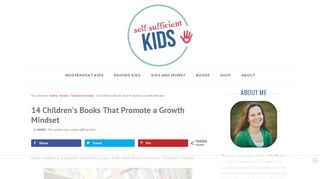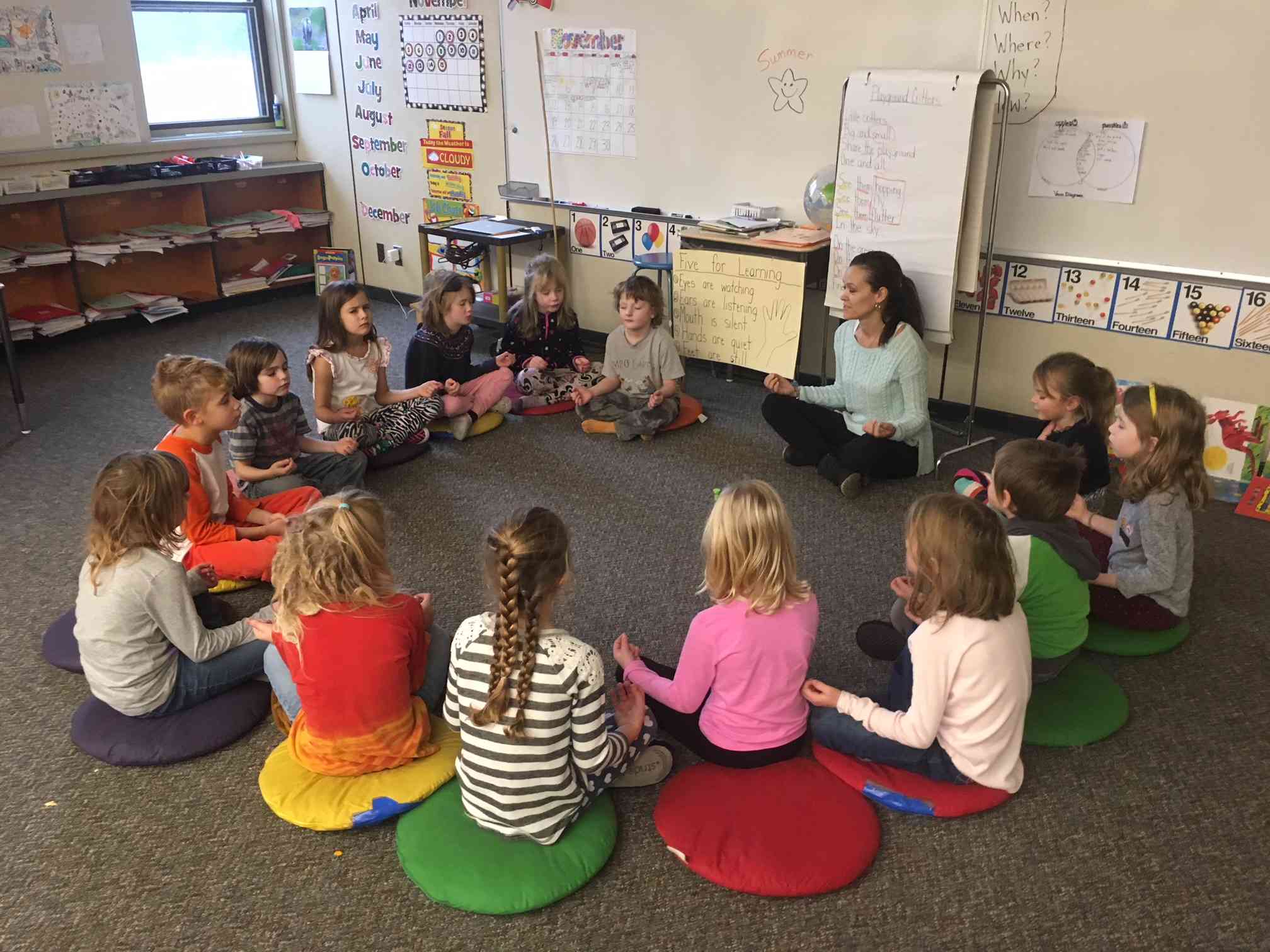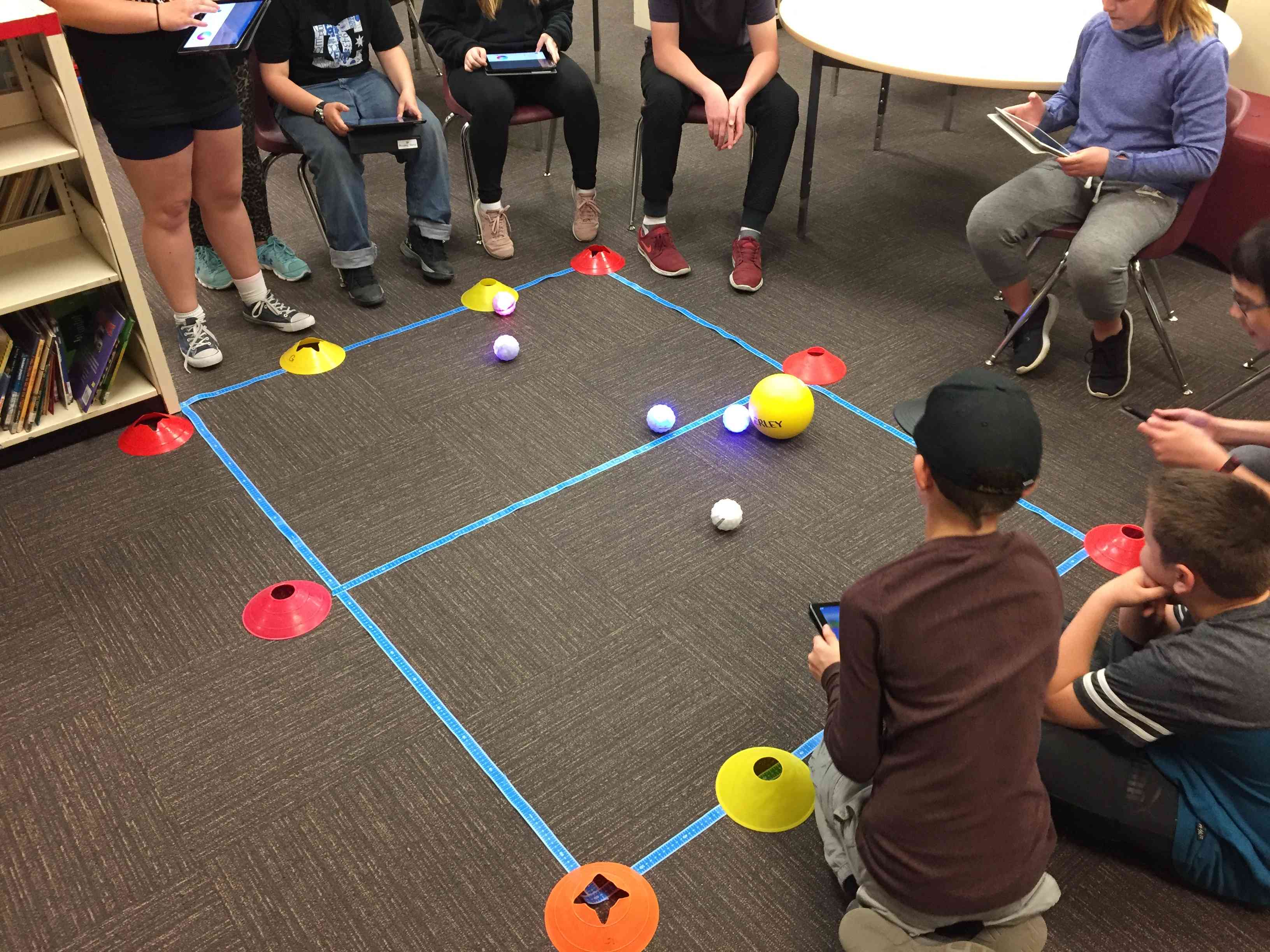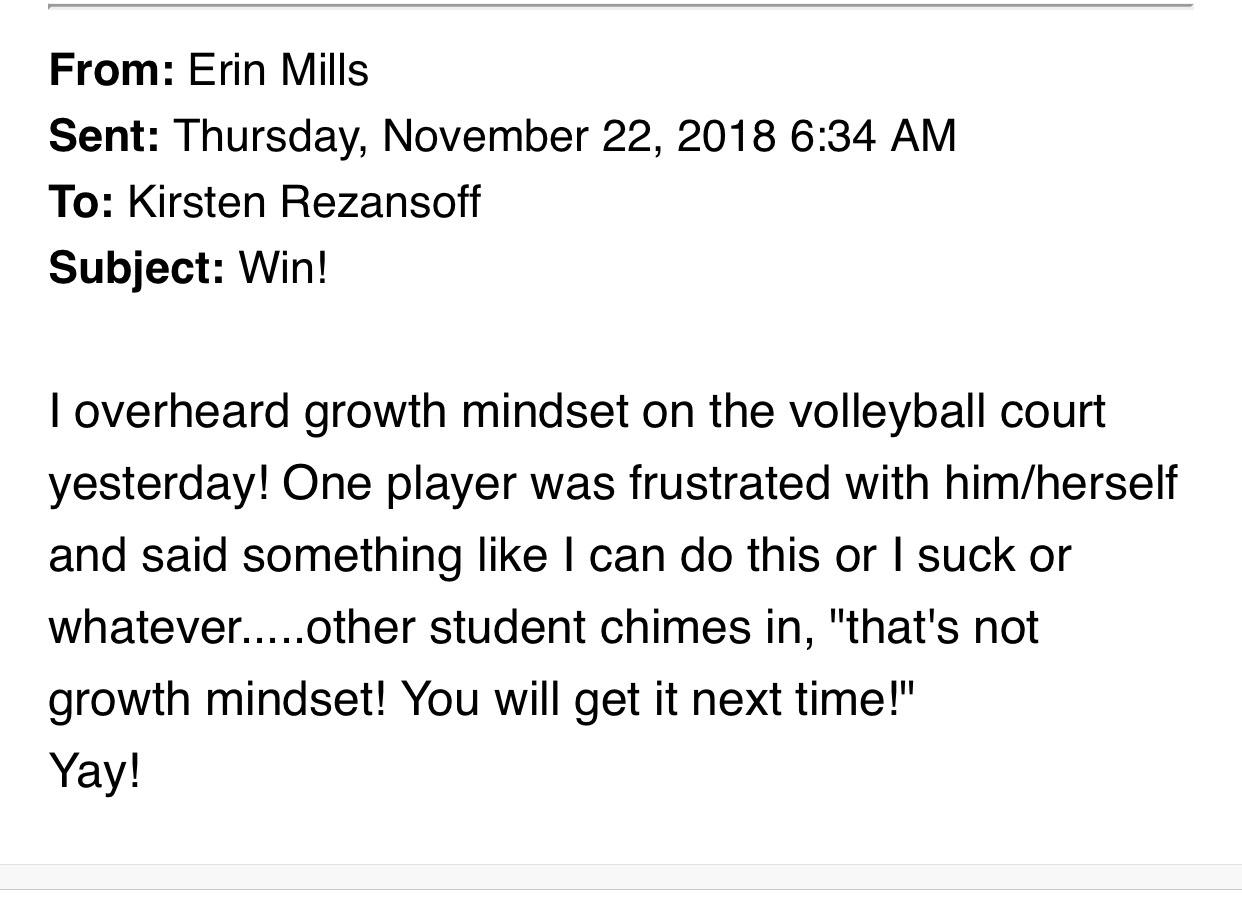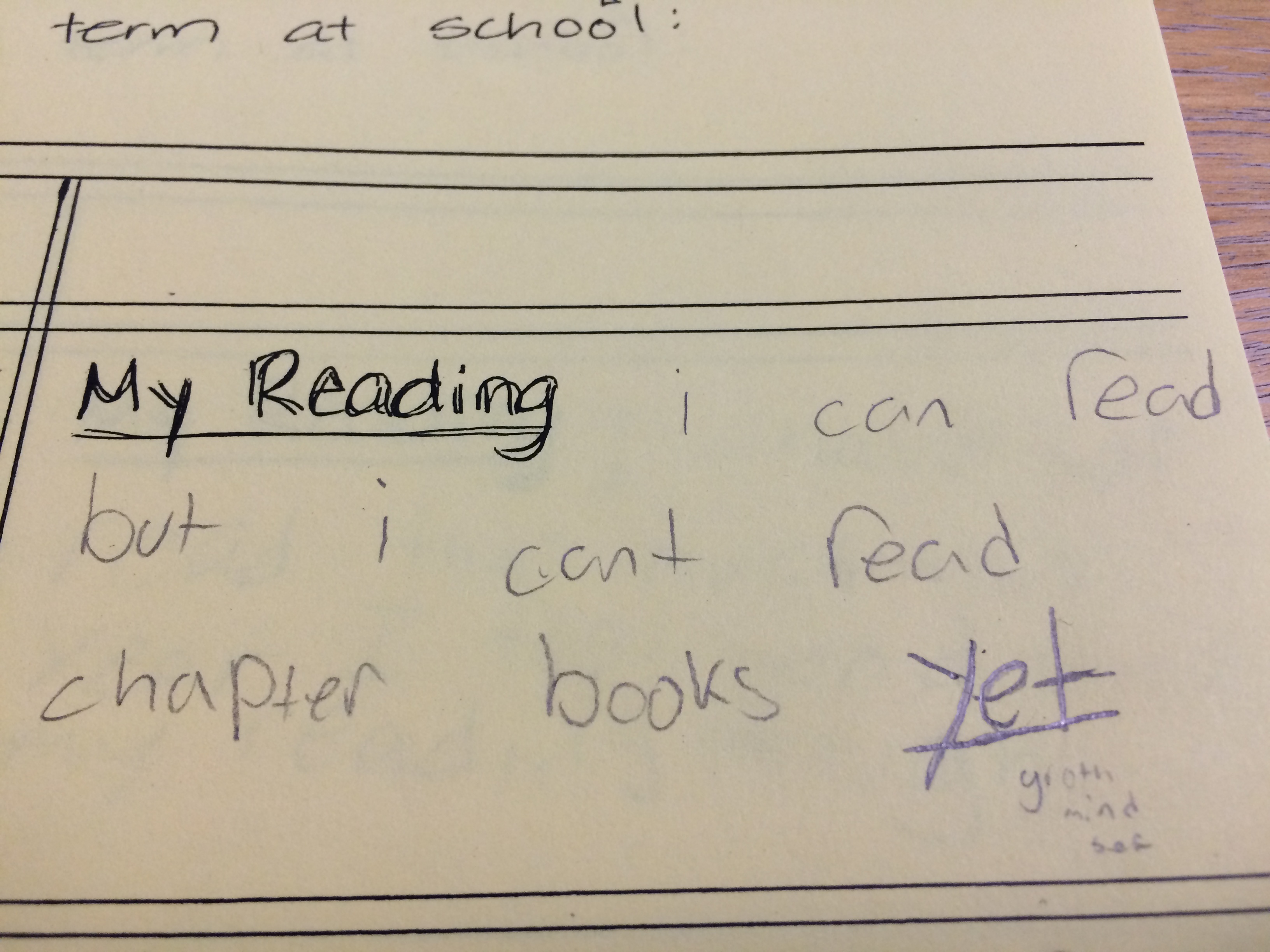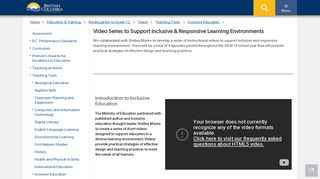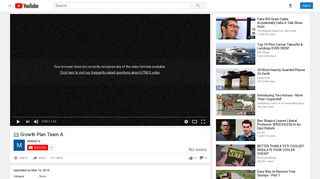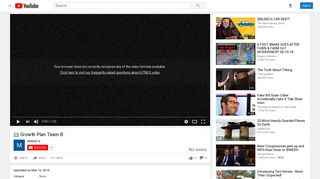![]() CLES School Plan 2019
CLES School Plan 2019
What are the unique, positive characteristics of our school?
We have a strong, positive culture at CLES. Staff, students, and families work hard to build connections that create a family-like atmosphere where students feel supported, safe, and motivated for learning. While we are always adapting and changing to incorporate new research-based practices, our school is steeped in long-standing traditions such as our family-grouping fun afternoons, Sports Day, Music Monday, Fun runs, Maker's Day, weekly Buddy Reading, and Friday PJ days.
CLES and BWCS schools share Administration so it important that both campuses get together numerous times over the year. We have done this with afternoons at the beach, tubing up at Big White, and combined Maker's Day.
CLES Programs: Little Buddies, Computational Thinking, Block Letter, Indigenous Education
CLES Clubs: Choir, Chess, Drama, Reading, Crib, Breakfast
CLES Sports: Volleyball, Soccer, Basketball, Track and Field
CLES Events: 6/7 Overnight field trip, 4-7 Ski Program, Outdoor Community Carolling at Christmas
What are the important demographics of our school and community?
Christina Lake is a recreation community. It boasts the warmest water of any tree lined lake in Western Canada and is a summer time mecca for power boating and water sports. Originally an important fishing ground to the Sinixt, Sanpoil, Okanagan and other tribes, pictographs can still be found around the north-east shore of Christina Lake. Population of the unincorporated area is around 1400 full time residents, however, during the summer months that population can increase to approximately 6-10 thousand. Christina Lake is predominantly a retirement community therefore the school population is only about 70-95 full-time k-7 students.
What do we celebrate?
CULTURE / COMMUNITY / TRADITION
CLES celebrates having long-standing traditions and building young leaders with a focus on Growth Mindset. Students participate in many outdoor activities throughout the year.
CLES also does a very sincere job of celebrating staff and their personal achievements. We believe that honoring the work and achievements of others is vital to a healthy school culture.
50+ years of Year-end Pancake Breakfast
What are the strengths and stretches we see in our learners?
Part of our strong school culture is a focus on self-regulation in learning. Generally, our students are motivated learners who engage readily in lessons and tasks, often giving their best effort. We have seen that many students struggle with the important career skills of self-regulation and problem-solving. Students need more opportunities to use these skills in different environments.
CLES students demonstrate strong academic competence in literacy and numeracy. We do notice that using correct spelling and grammar in their writing is a stretch for many of them.
We have also noticed that while most students at CLES feel strongly connected to the school and contribute positively to our culture, this is not true for every student.
Our students are experiencing the same social-emotional struggles as their peers throughout the province. Being able to manage their emotions and get focused on the task at hand is a necessary skill for future success and they need support to develop that skill. This plays a big part in their ability to self-regulate and then to problem solve when the need arises.
What evidence do we have of these strengths and stretches?
Our strengths and stretches hypothesis is supported daily by teacher anecdotes and observations in classrooms. Students have also provided feedback about the breathing program we implemented last year, which indicates that they use what they have learned in class to help them focus and regulate in a variety of situations at home and school.
Our writing data from the District reading and writing assessments as well as our Grade 4 and 7 performance on the FSA indicates that while most students are fully meeting expectations overall for their writing, more of them are on the low end of meeting in the area of conventions.
What areas will we focus on to improve or enhance success for our learners based on what we know about them?
What are our specific goals?
We will focus on three specific goals this year, growing and expanding on our goals from last year. These goals are for all students at CLES.
Intellectual Goal: Students will improve their writing mechanics by spending more time interacting with edited, published text (reading)
Human and Social Goal: We will provide opportunities for new and returning students and families to feel part of the fabric of long-standing traditions and culture at CLES while continuing to build student resilience. We want students at CLES to feel a strong sense of belonging and to be able to manage their emotions.
Career Development Goal: Students will further develop self-regulation and problem-solving skills through career activities such as computational thinking, maker's way, and Indigenous skill integration.
What will teachers learn more about to support our goals?
ProD for all teachers on the Social Skills improvement System (lead by Toni Hoffman)
Explore the Big Life Journal resources available
Focus on Library resources specific to learners (Mrs. Rezansoff in collaboration with staff actively seeking out literature for children to read with their parent/guardian around Growth Mindset and stories about grit and perseverance).
Mindset Activities and Lessons (look at MindUp program)
Implementing breathing and other whole-child approaches to education.
Explore reporting practices - what is out there that will better reflect our focus on growth mindset? What does real evidence of learning look like?
What actions/strategies will we take/use (teachers, parents, students, and other stakeholders) to support our goals?
We will continue to implement daily breathing practice in every classroom.
We will implement the Social Skills Improvement System (SSiS) program in each class for the first 10 weeks of the school year. Following that, students will self-assess and to determine which skill they could use more time practicing. We will have monthly or weekly review sessions of the skills based on these assessments. The School Based Team will choose specific students for more in-depth assessment and will monitor their progress throughout the program.
We will make more space for reading in our daily programs, including increasing the frequency of our school-wide reading. We will continue to have weekly buddy reading.
We will have intermediate students create movies about CLES traditions and culture to share with other classes and with new families.
We will hold our annual Maker's Day, ensuring that students focus on problem-solving and self-regulation in this setting. We will look at adding a second Maker's Day in early 2019 that focuses on baking, sewing, and possibly hair dressing so that students are exposed to more of a variety of trades.
We will continue with computational thinking activities from K-7.
We will implement the problem-solving system for students where they need to consider what is working, what isn't working, and what is next before they receive help from an adult.
We will create/implement a set of school-wide lessons and activities based on the book Only One You, by Linda Kranz in order to help students develop their social-emotional skills.
We will develop a new reporting framework that provides stronger evidence of learning for implementation in the 2019-2020 school year.
What evidence of learning will we collect to check the progress on our goals?
Intellectual: District writing data (Spring); FSA data; teacher anecdotes; classroom writing samples
Human and Social: Student check-ins (oral and written reflections); time of breathing/sitting still; SSIS assessments (Fall and Spring); Teacher anecdotes and observation; Survey data from students; Ask students on a regular basis
Career Development: Student reflections; digital evidence from events and activities (photos/videos); teacher anecdotes; survey
How will we share our plan with staff?
How will we share our goals with students?
How will we share our goals and progress with parents?
Students will create videos to share our school message with parents.
The plan will be shared with our PAC and made available to families for input and feedback. A notice will be sent home early in the year outlining our focus on Growth Mindset and asking for parent participation and support.
